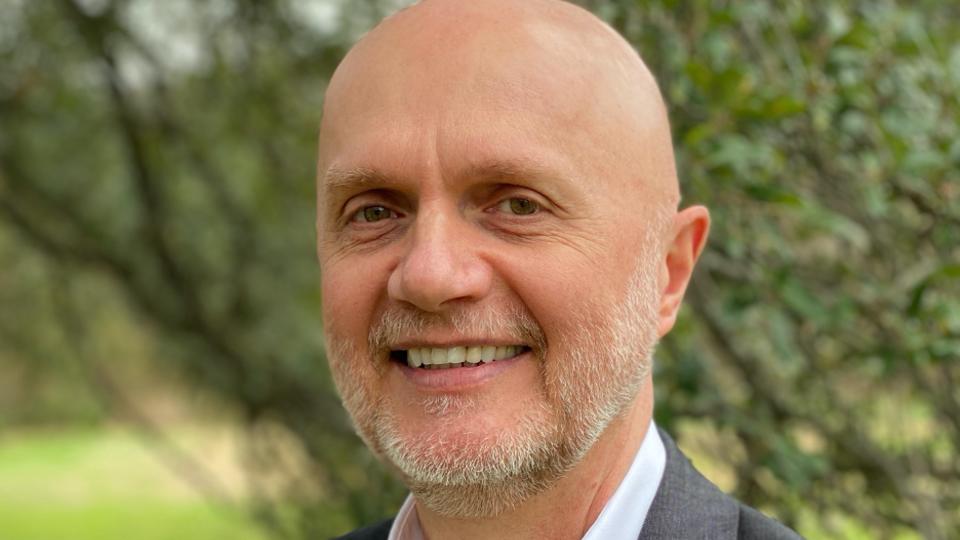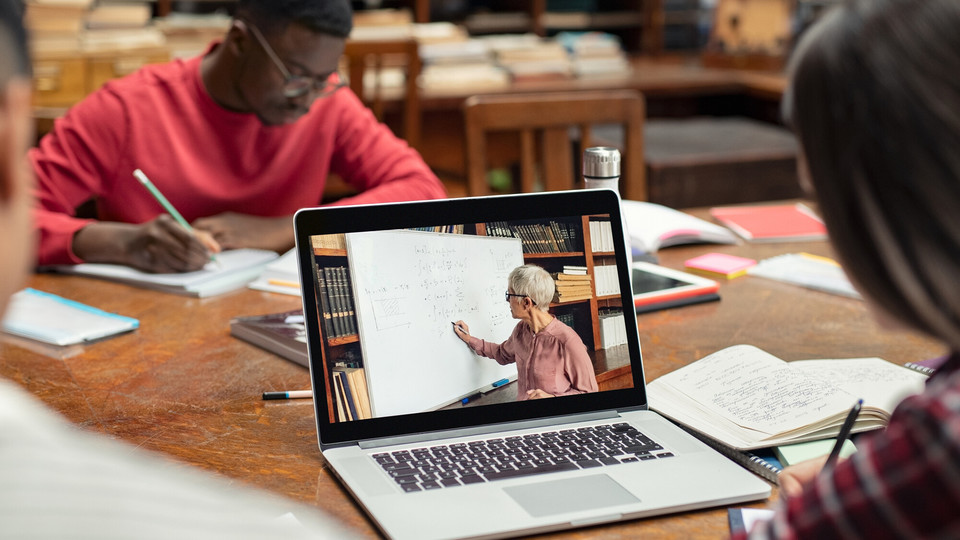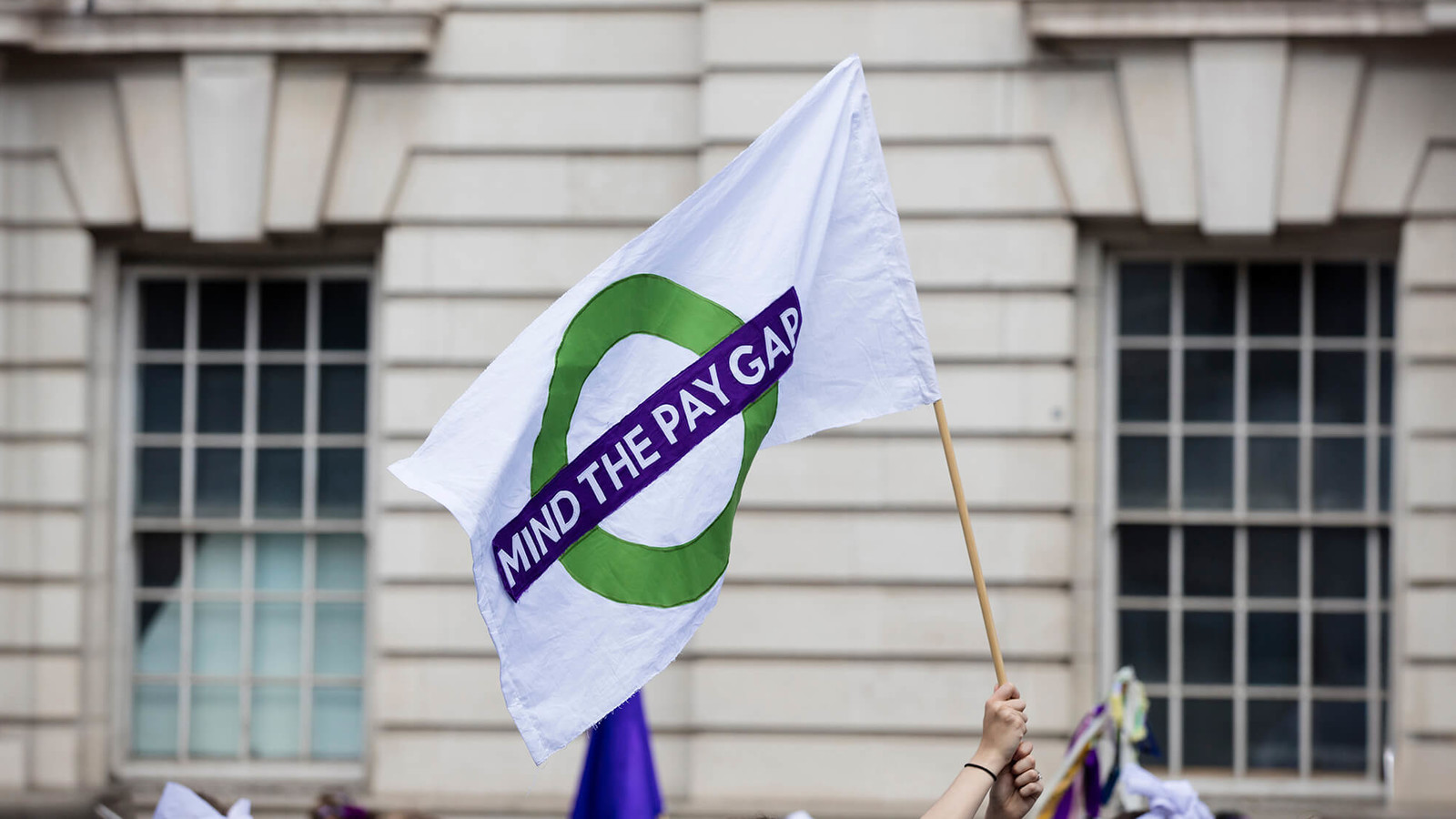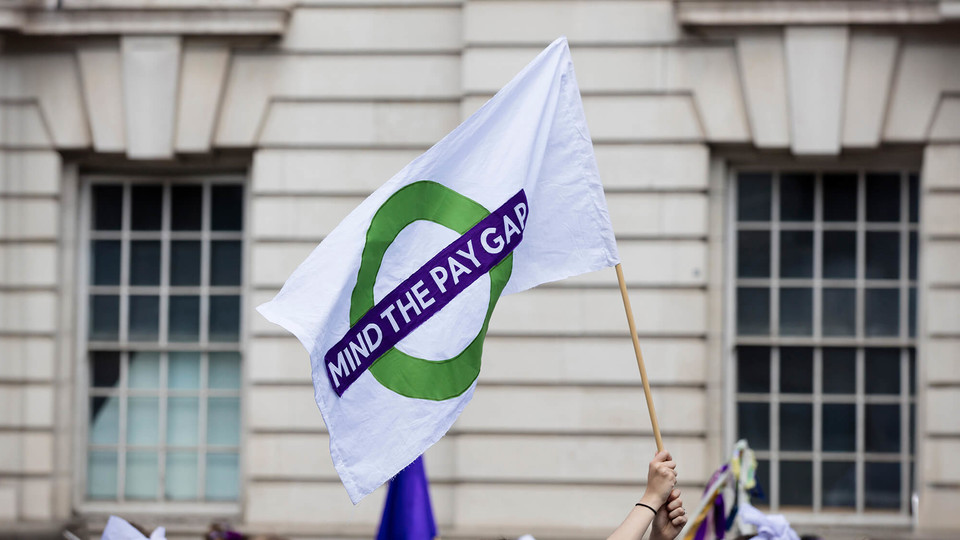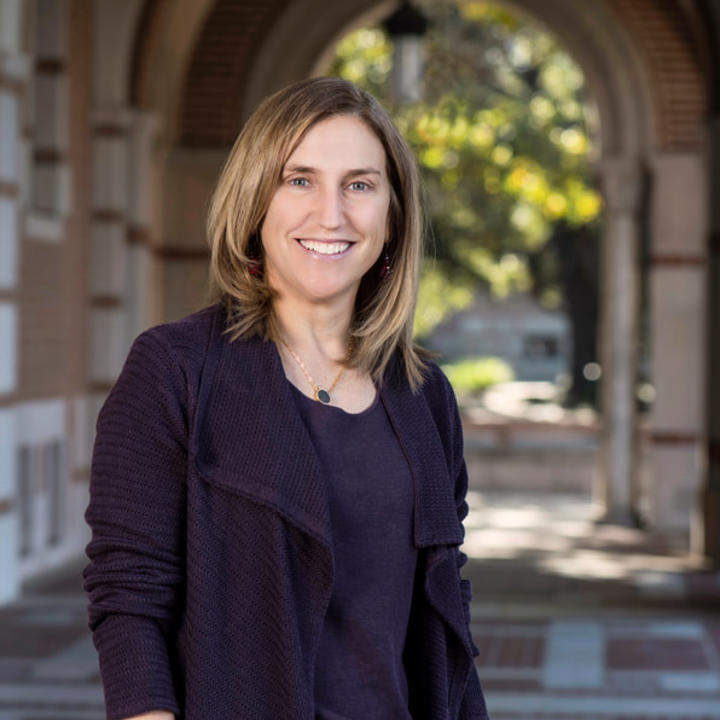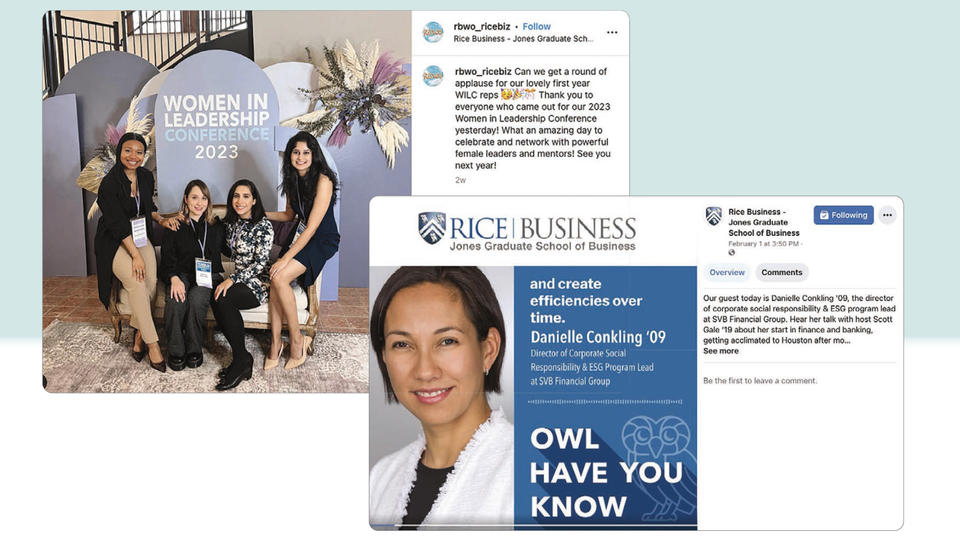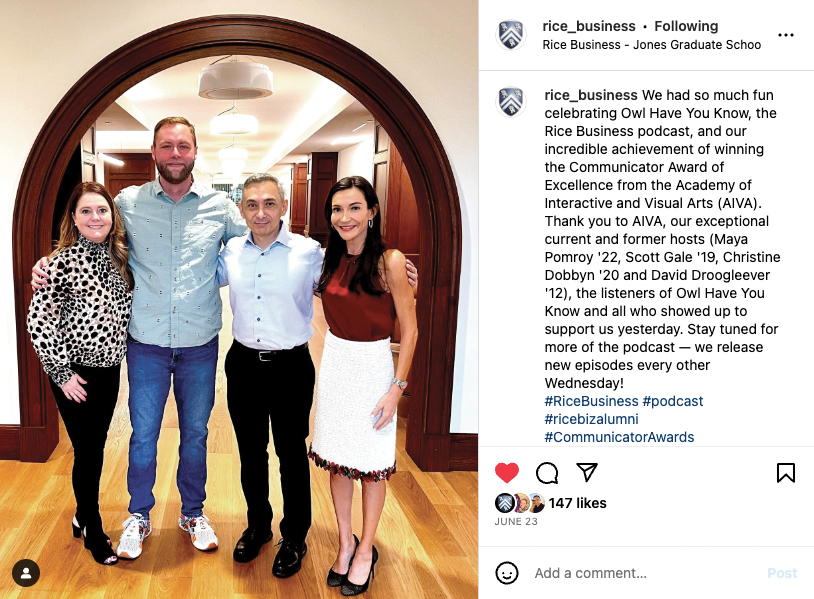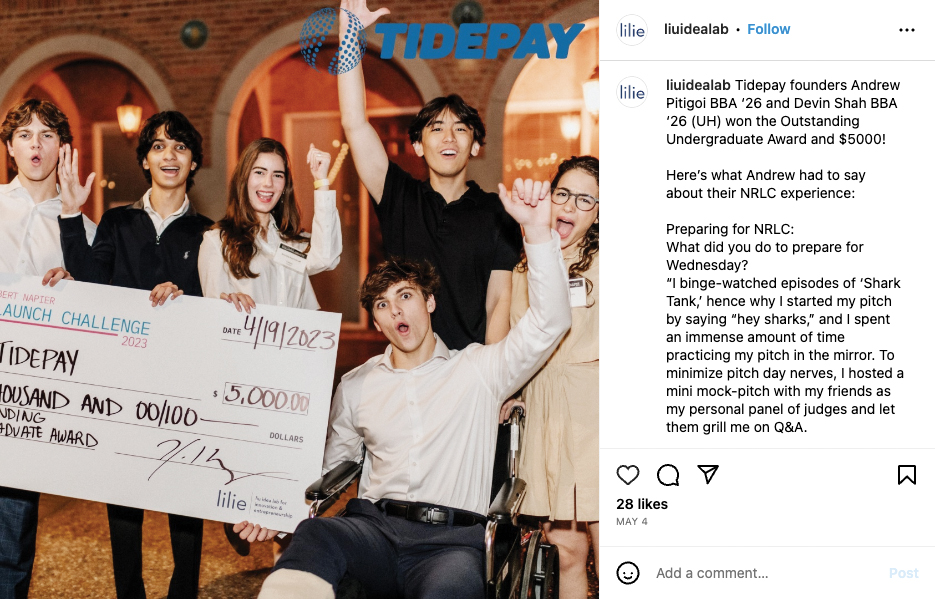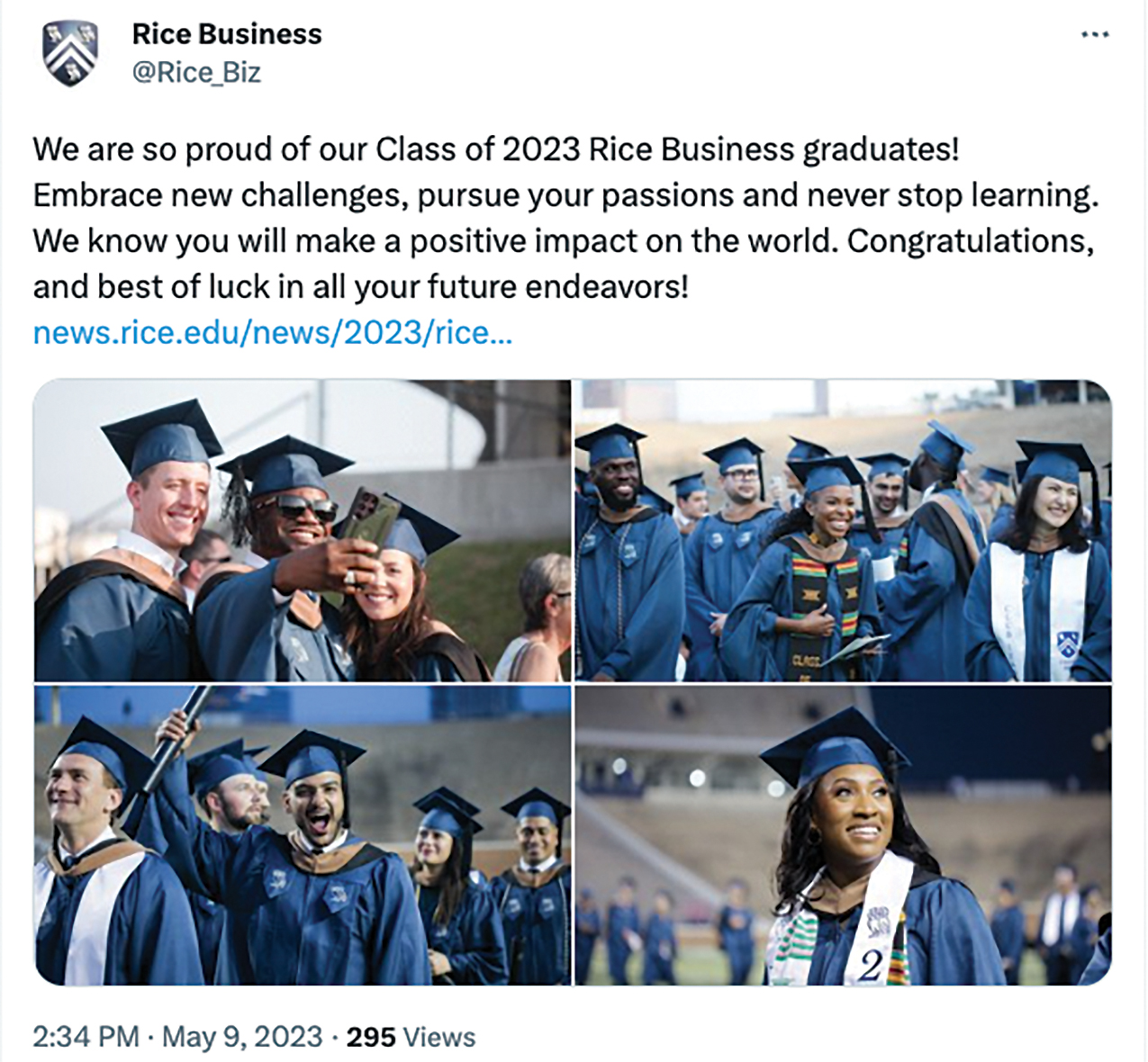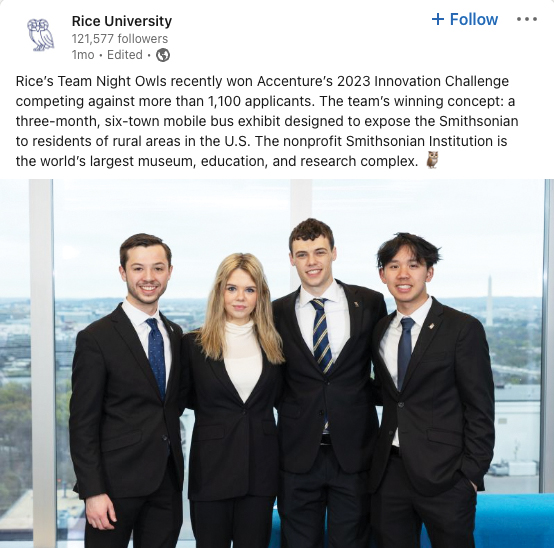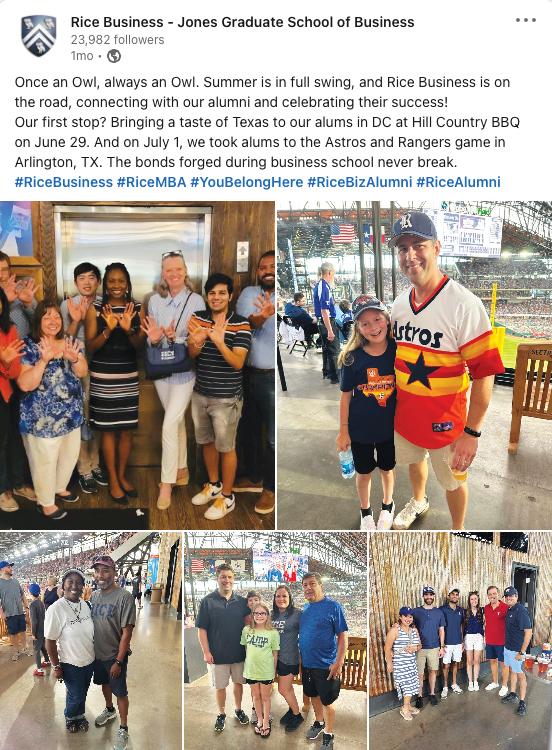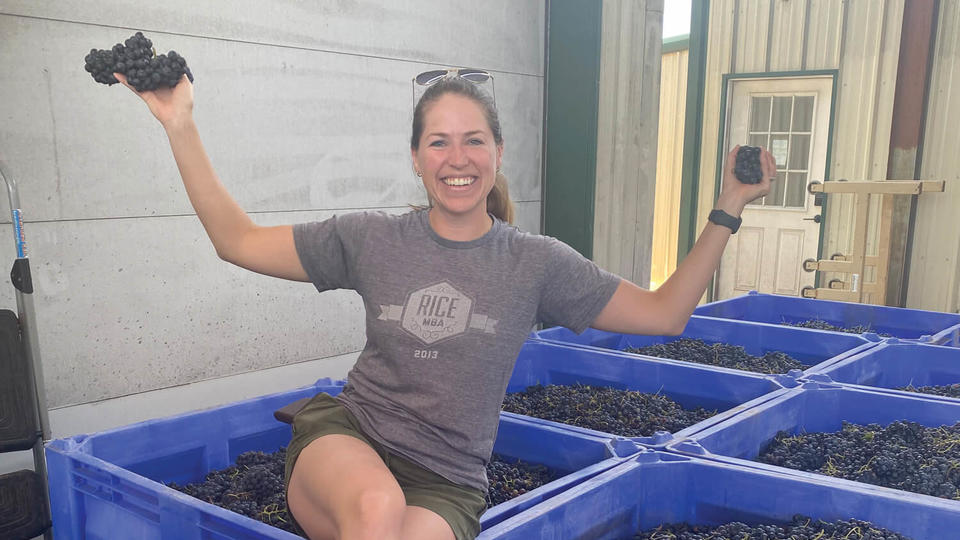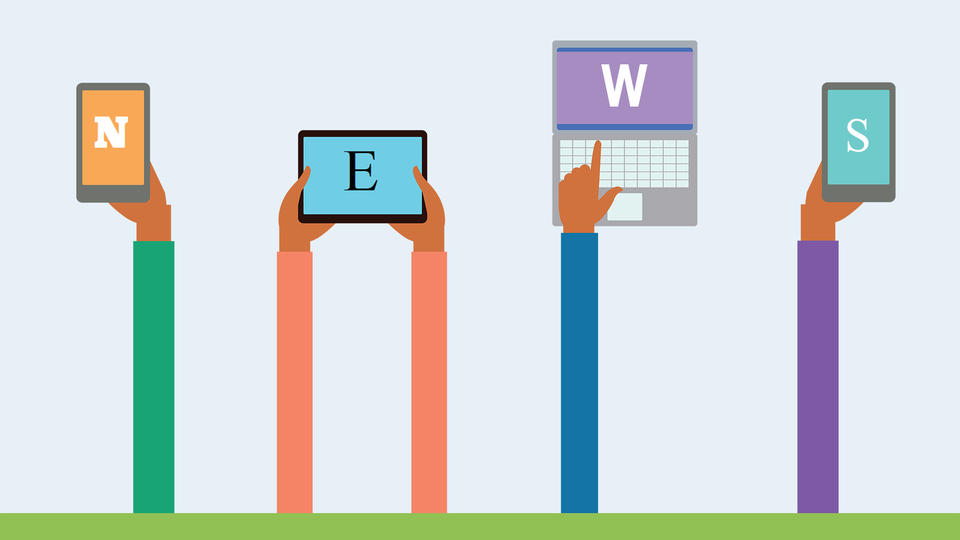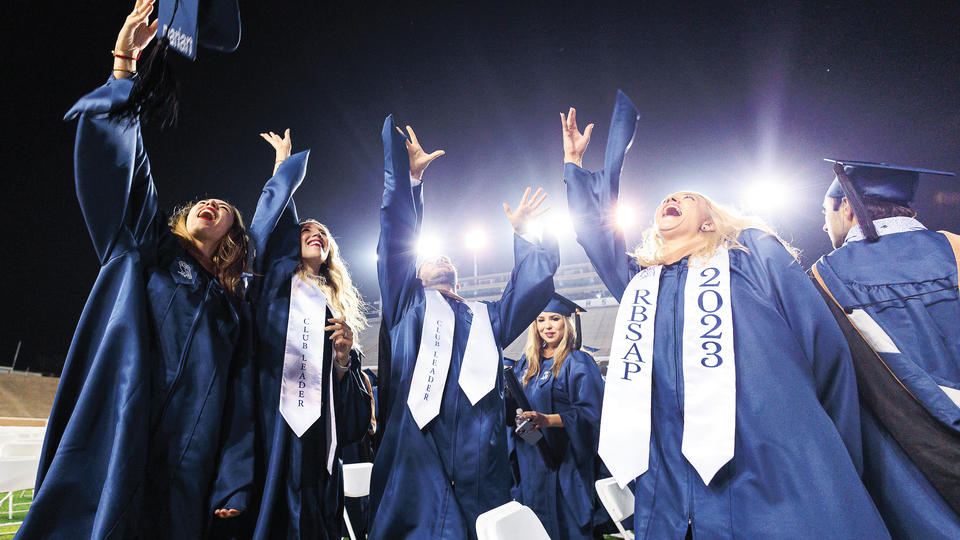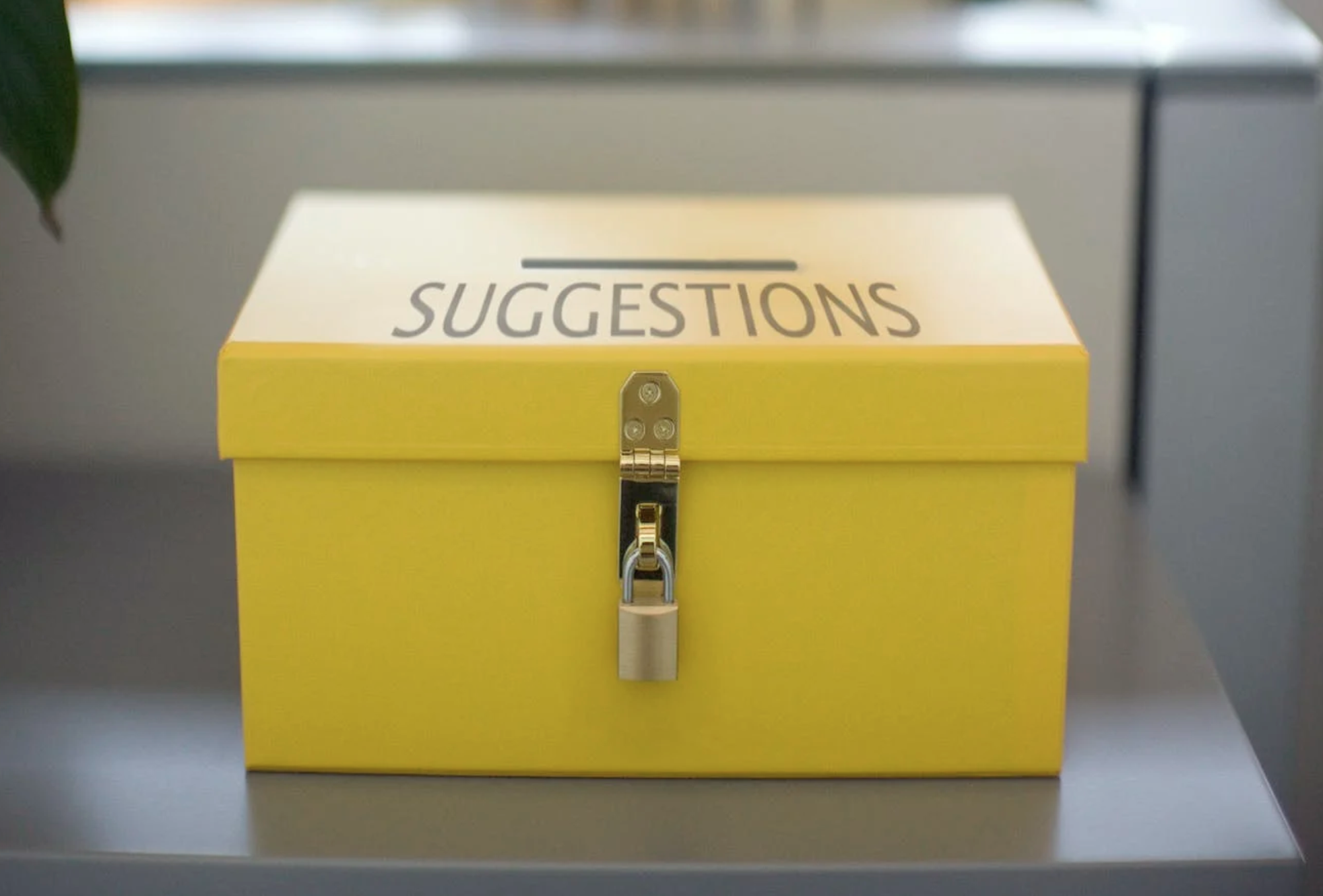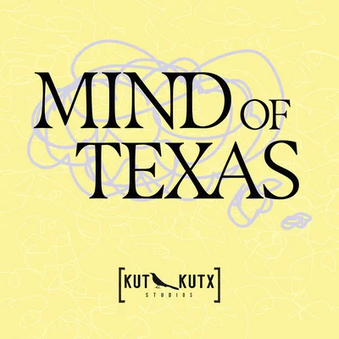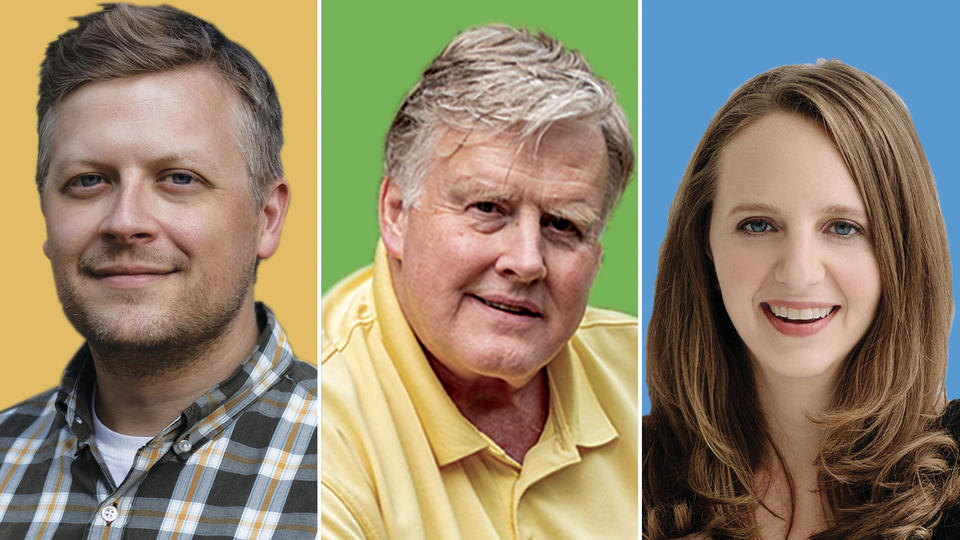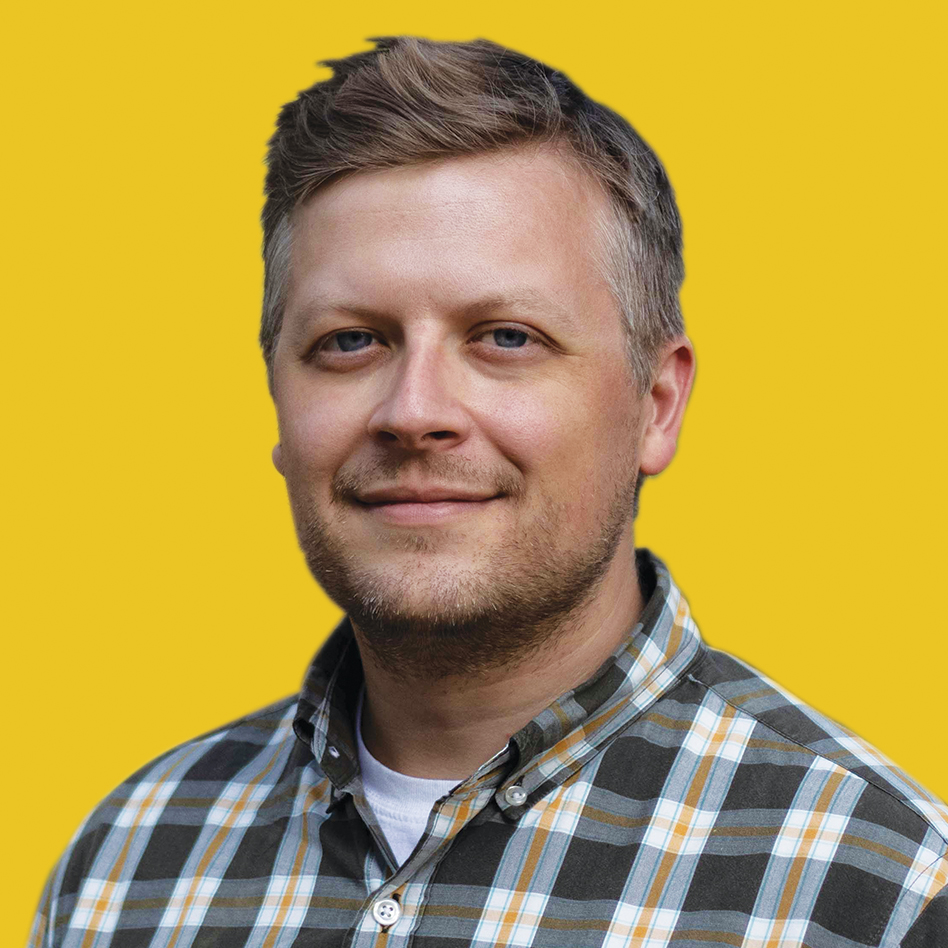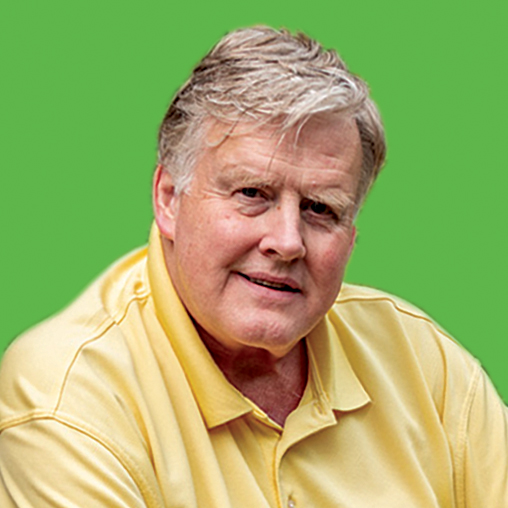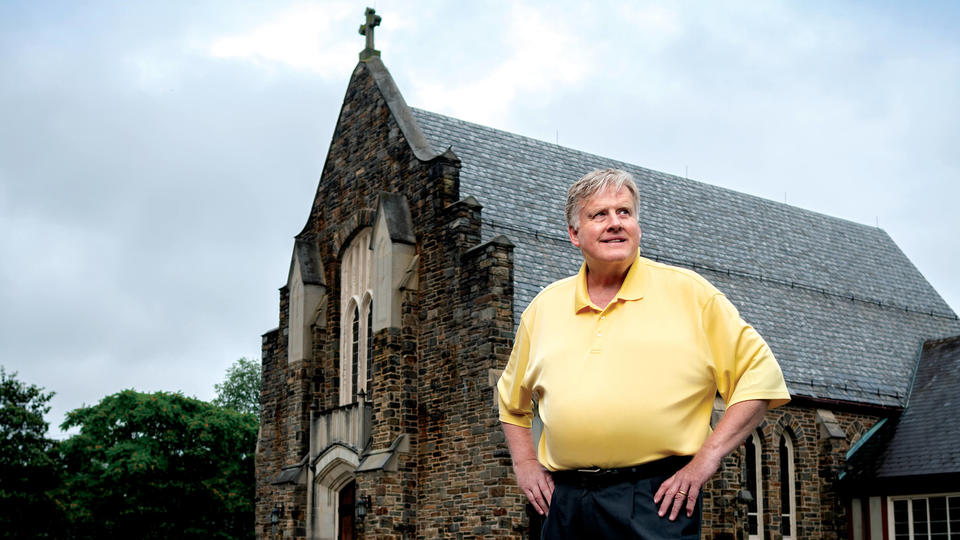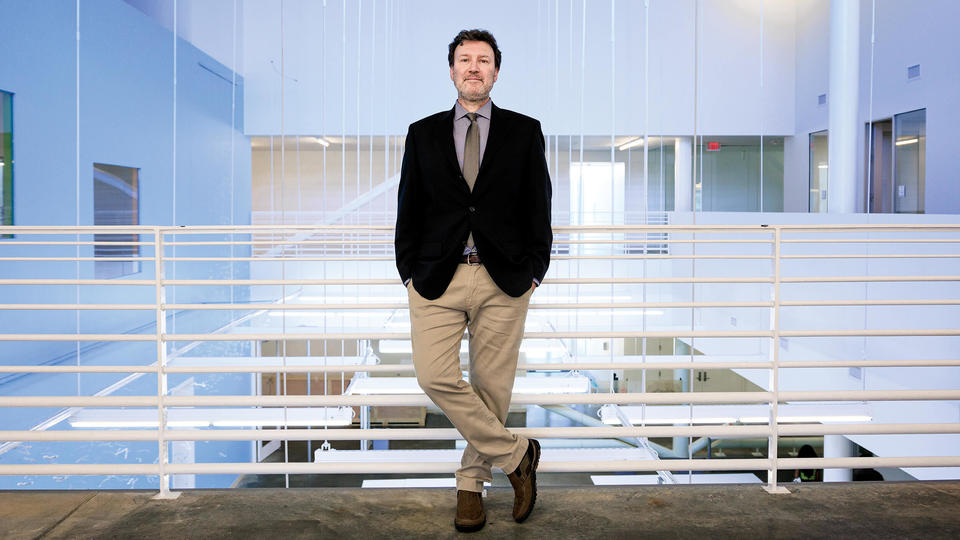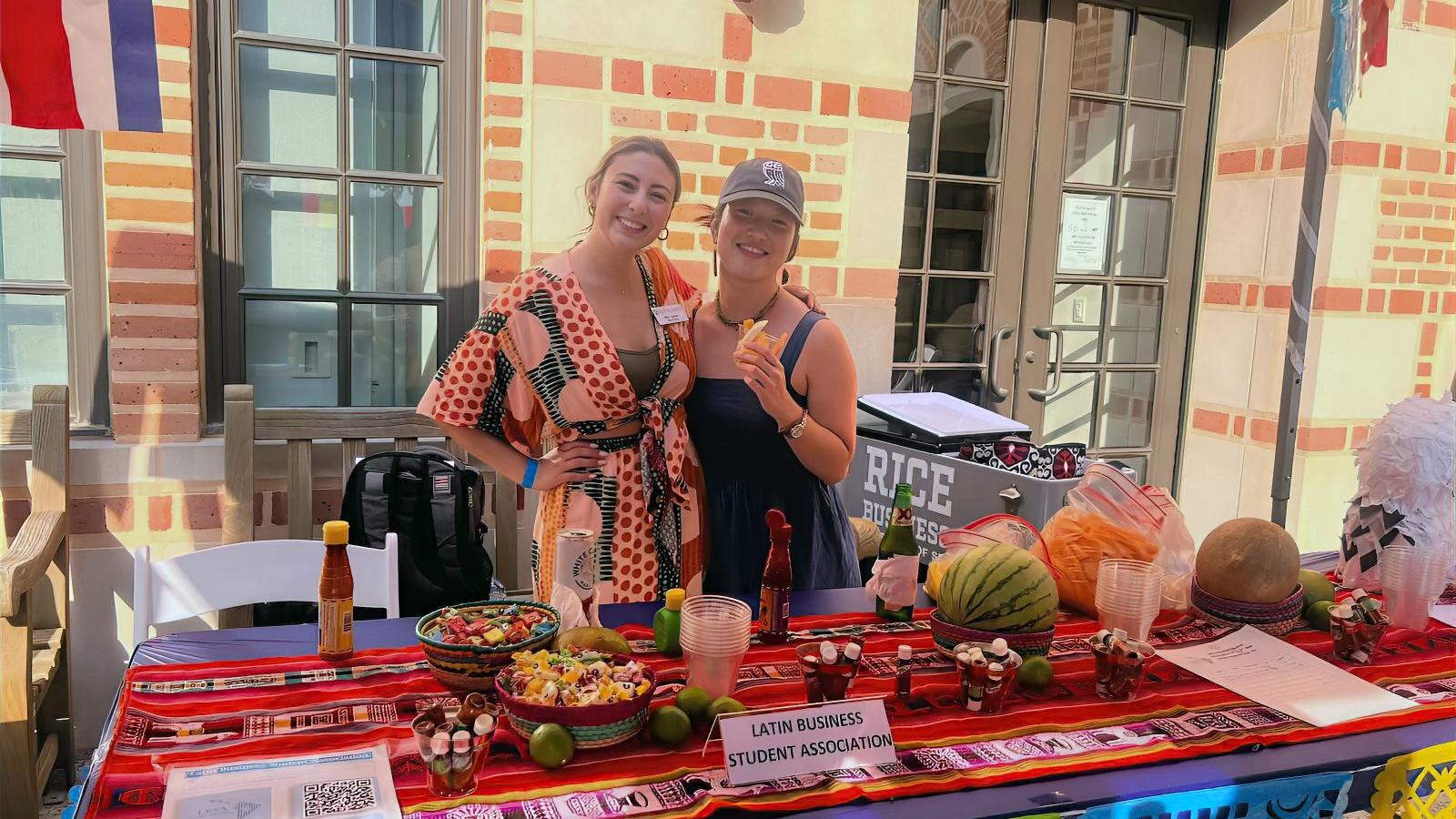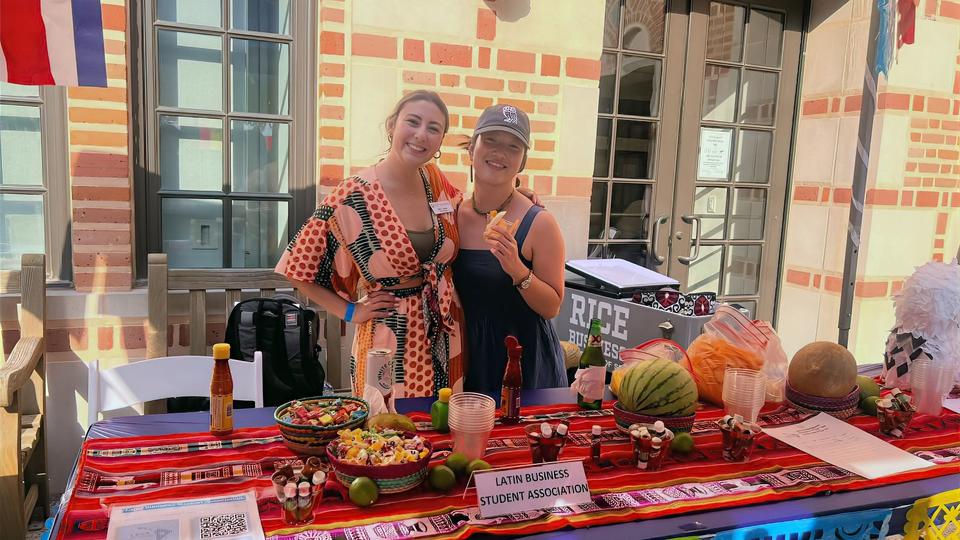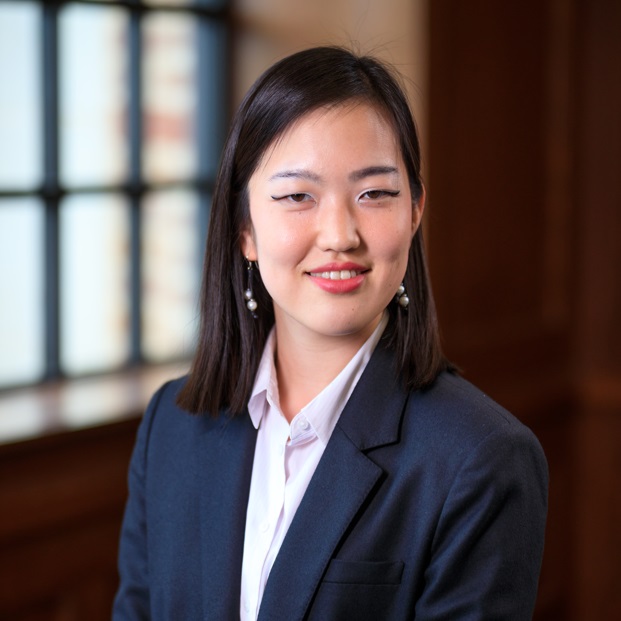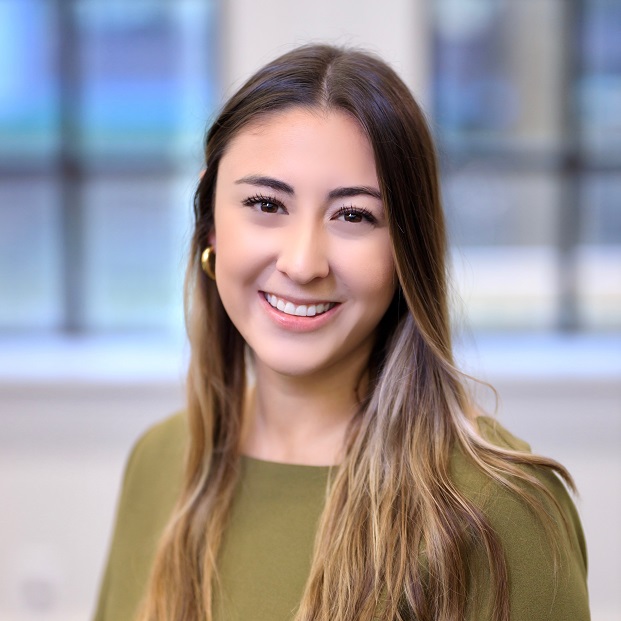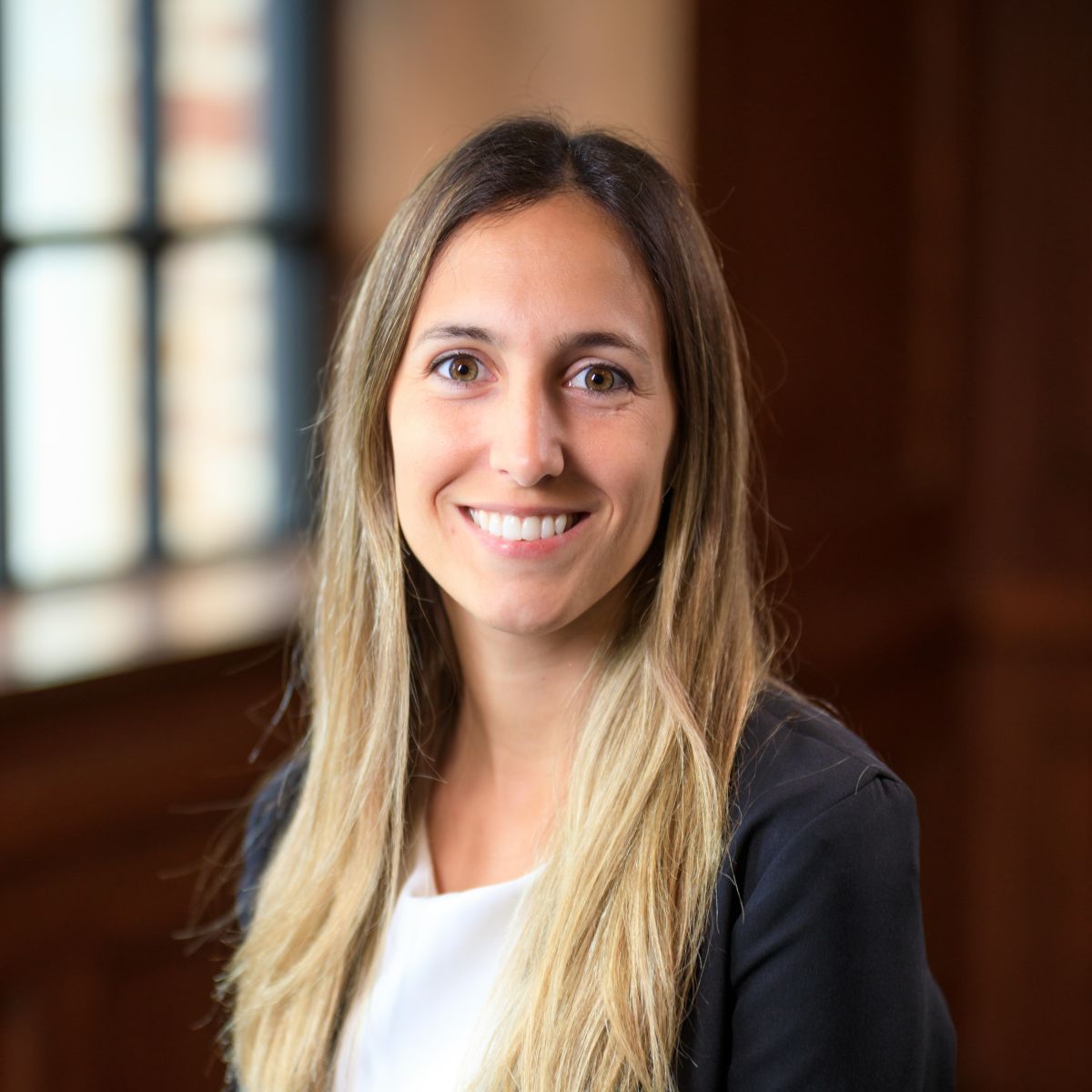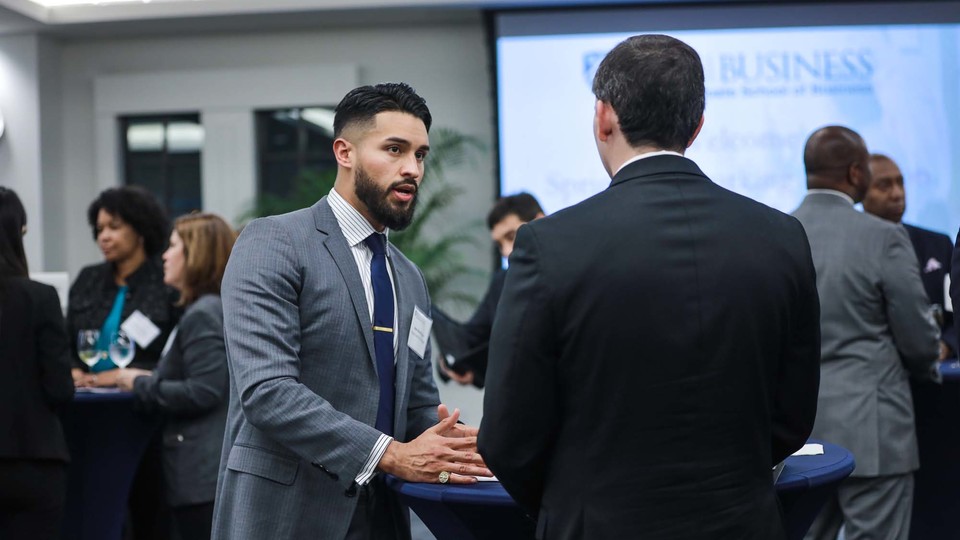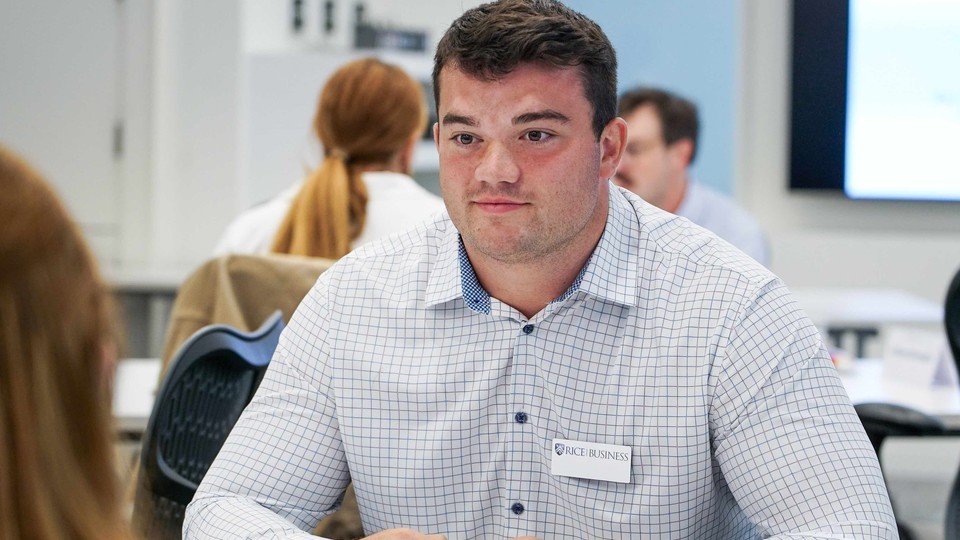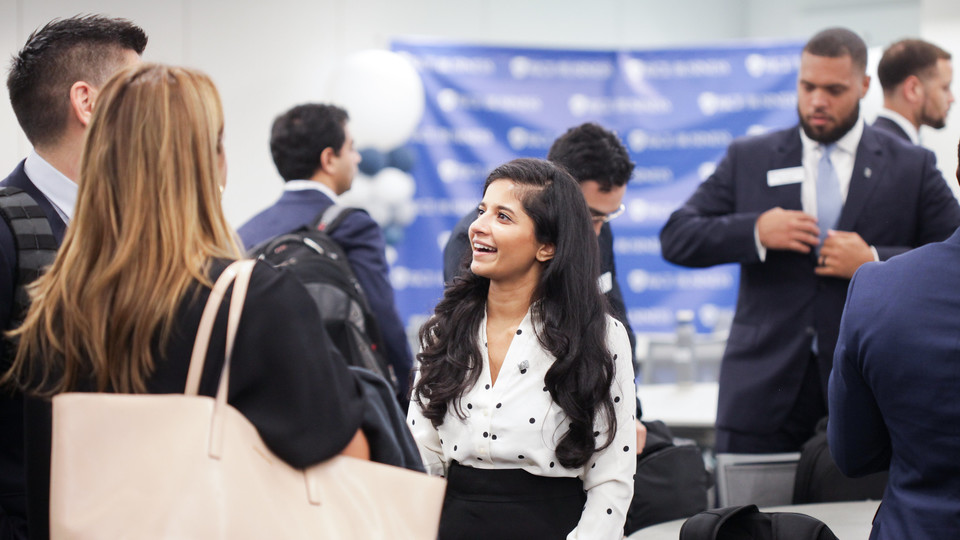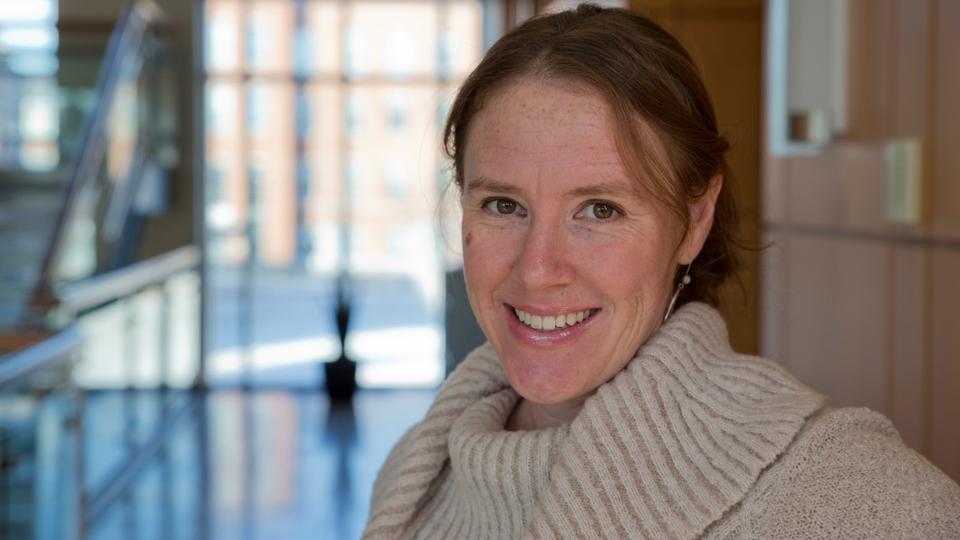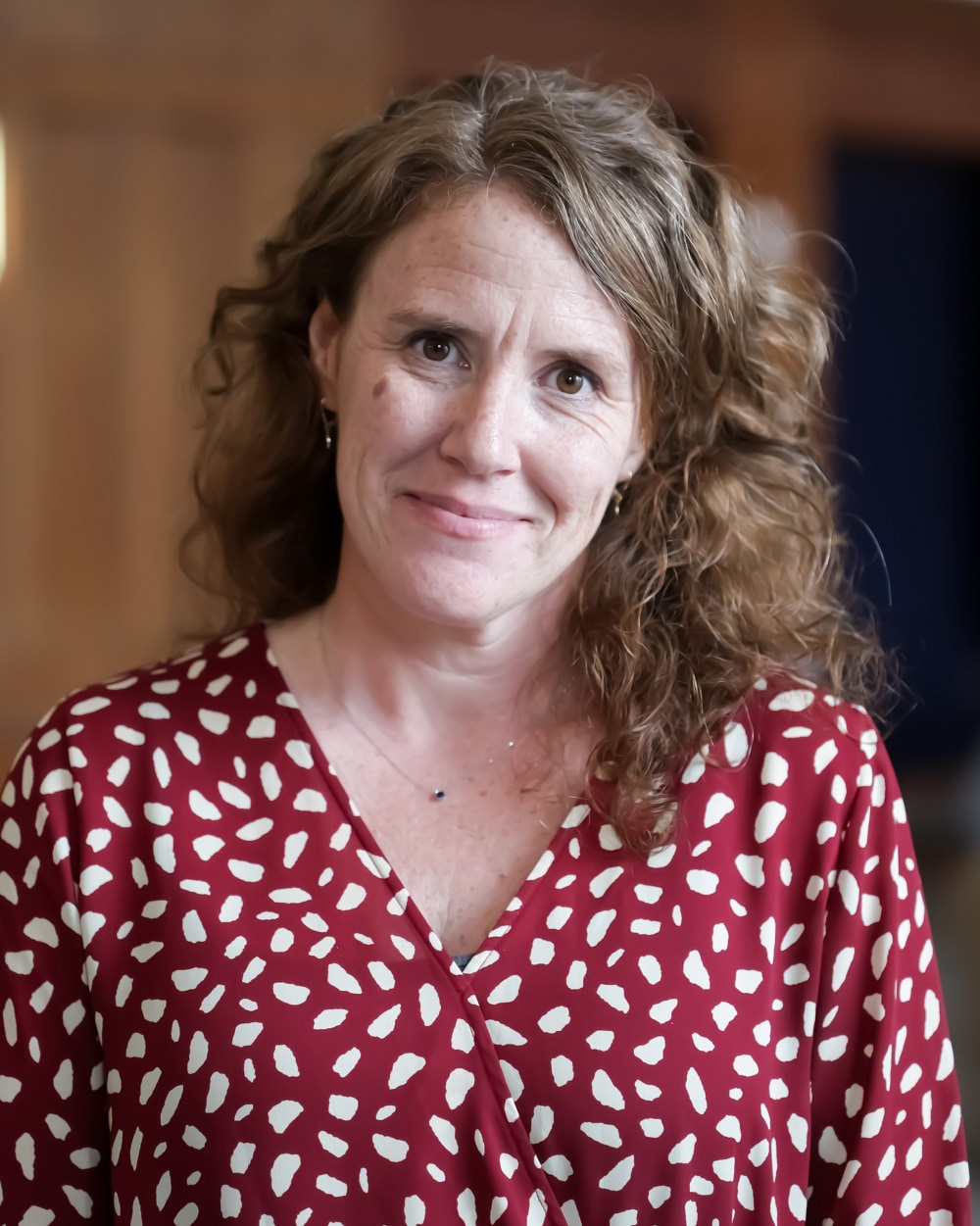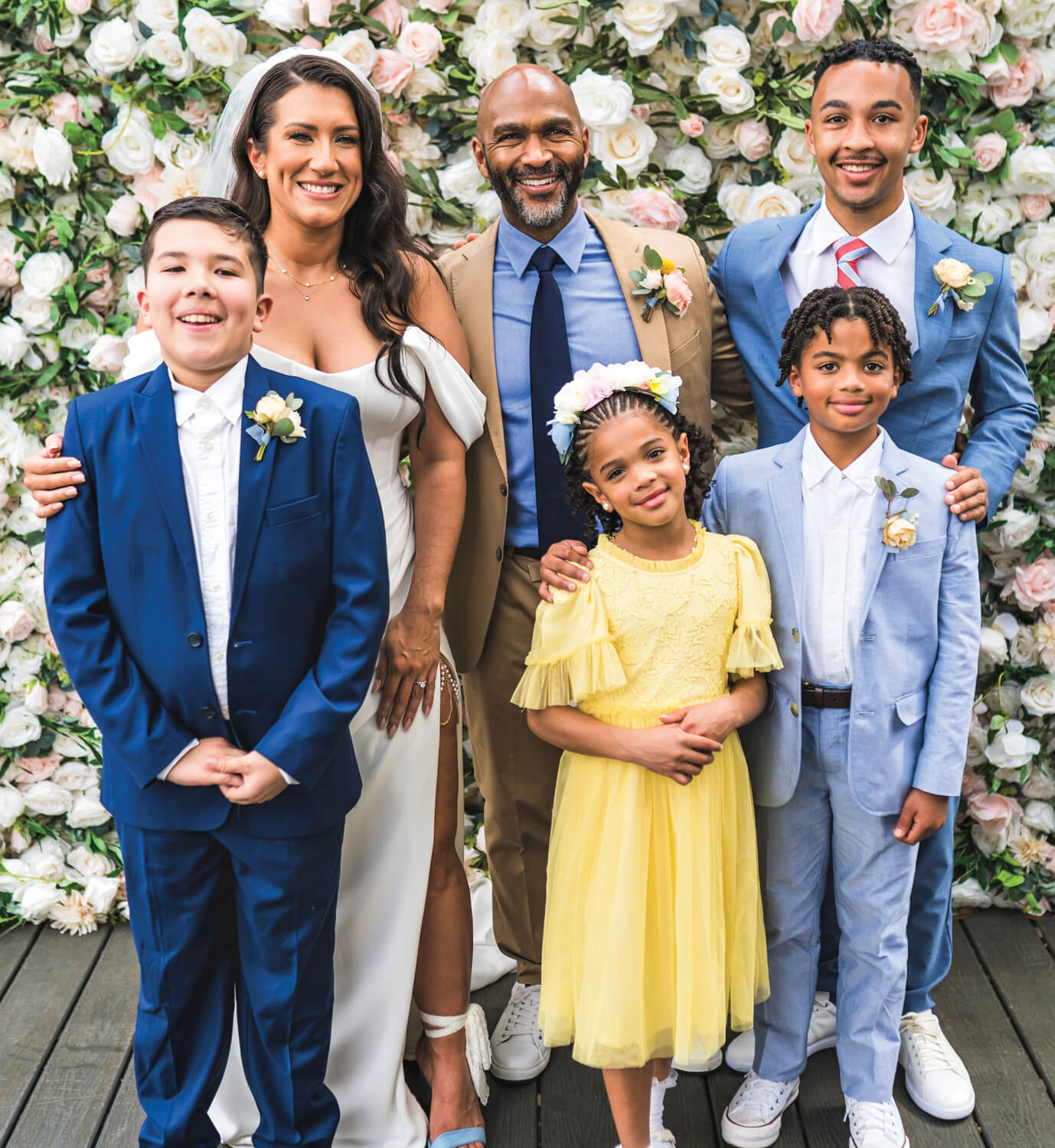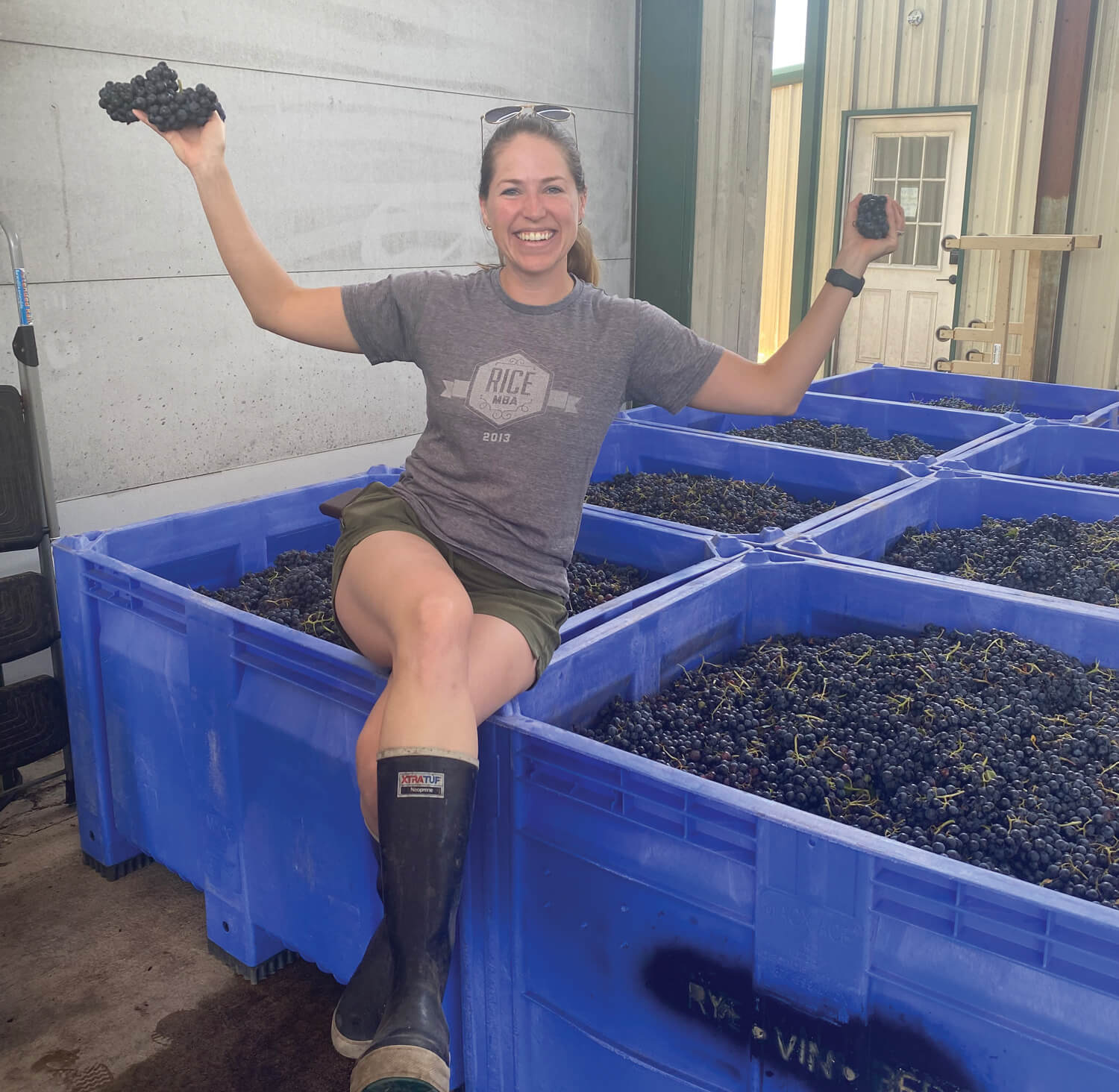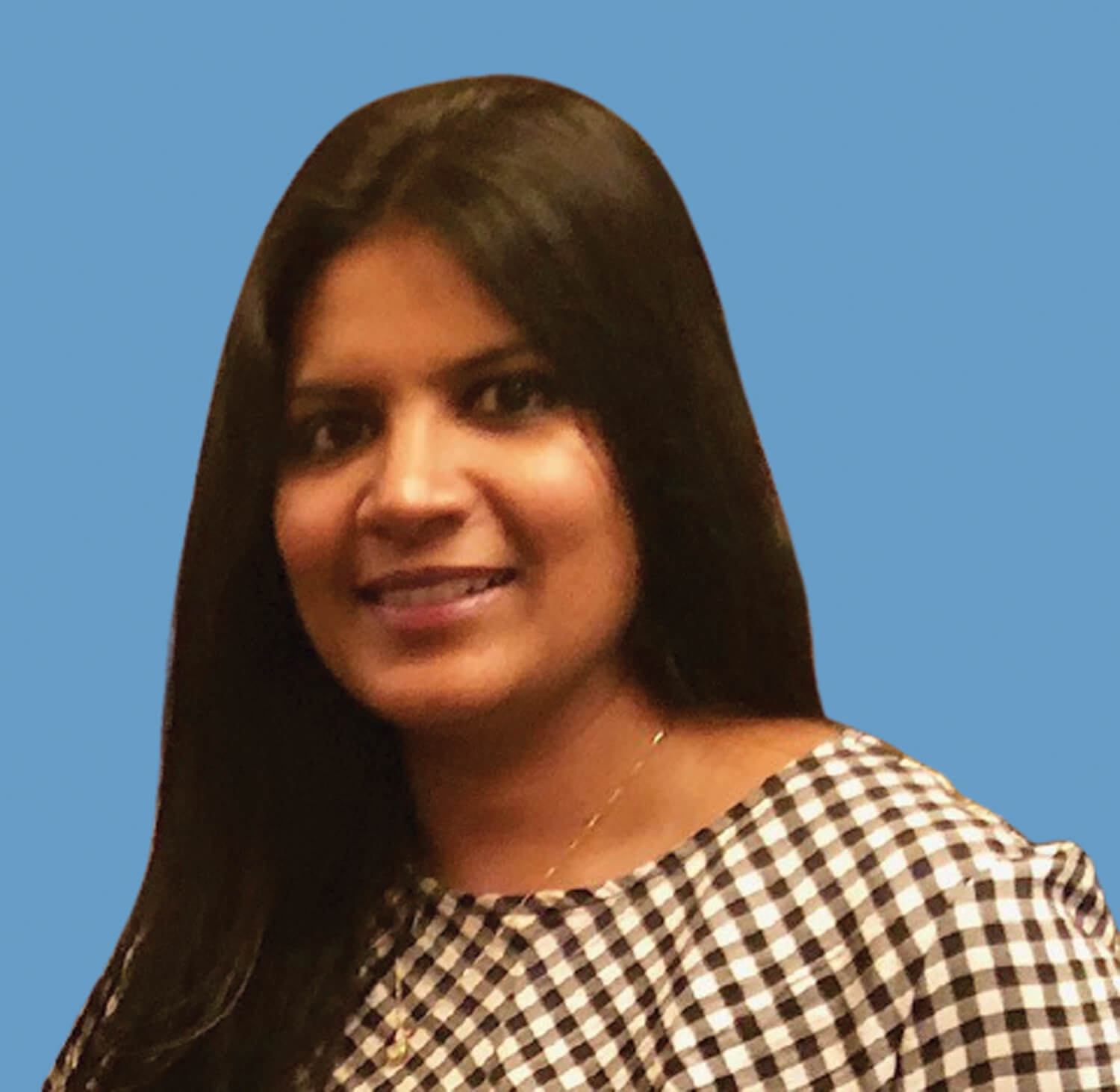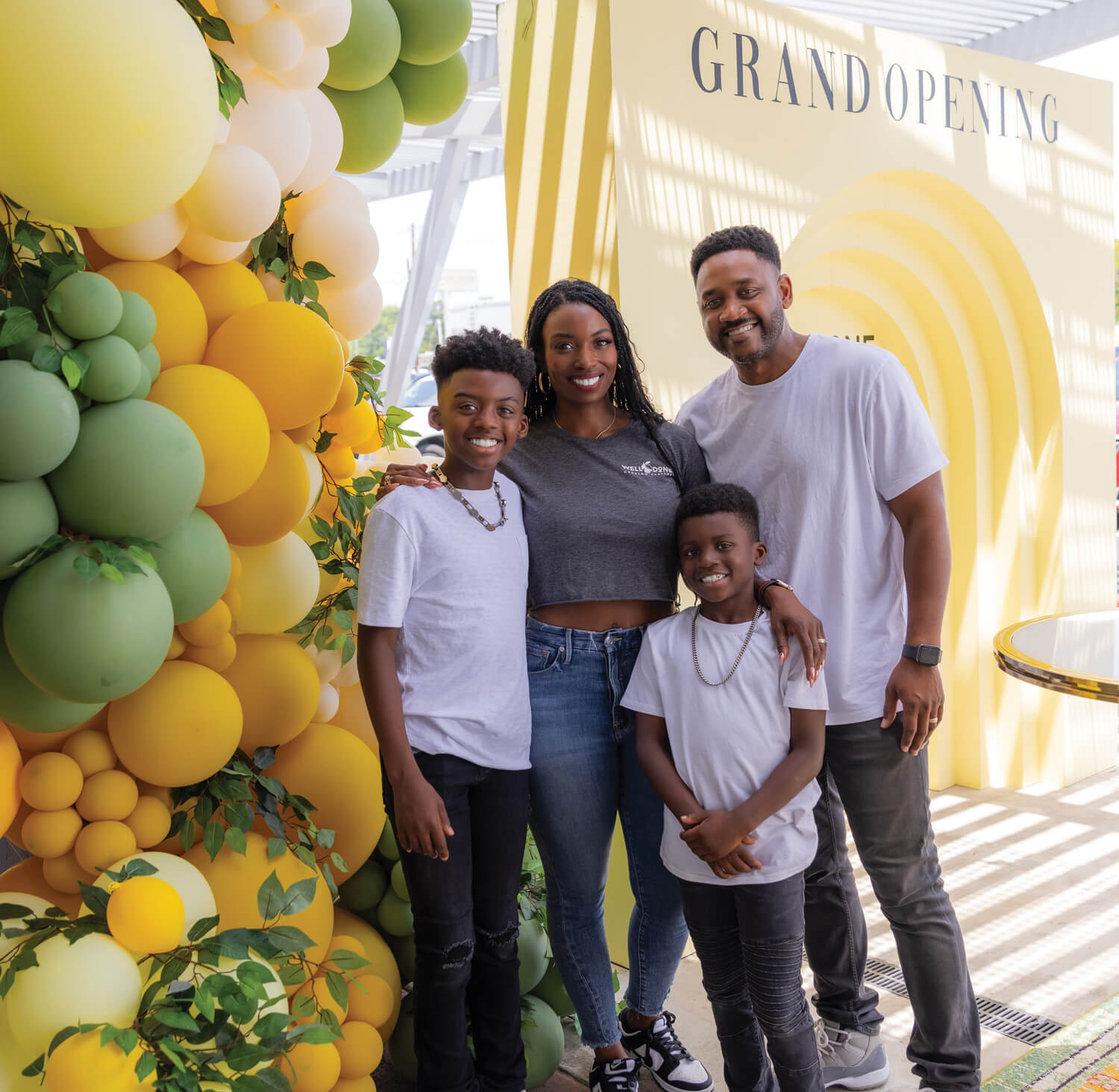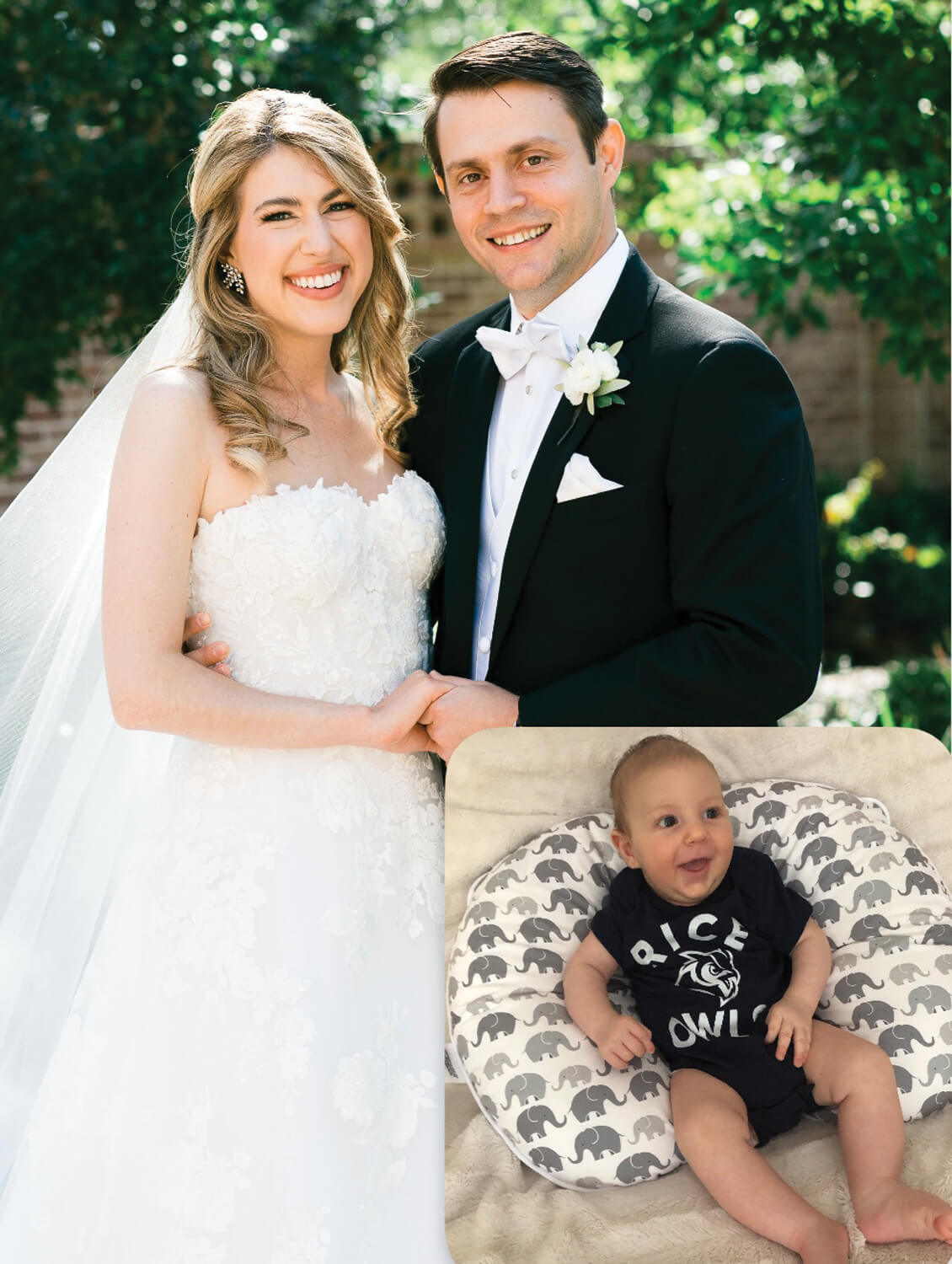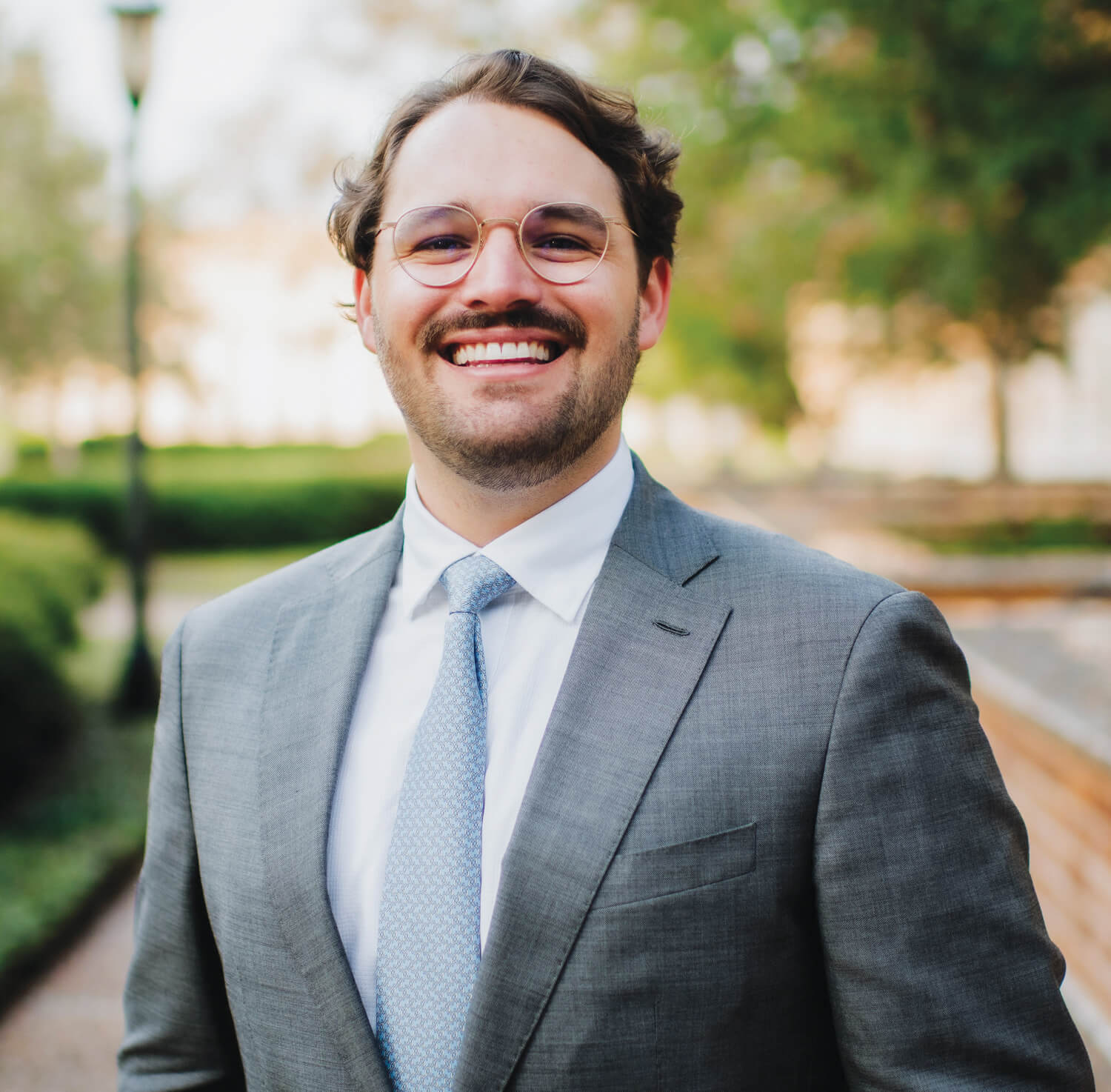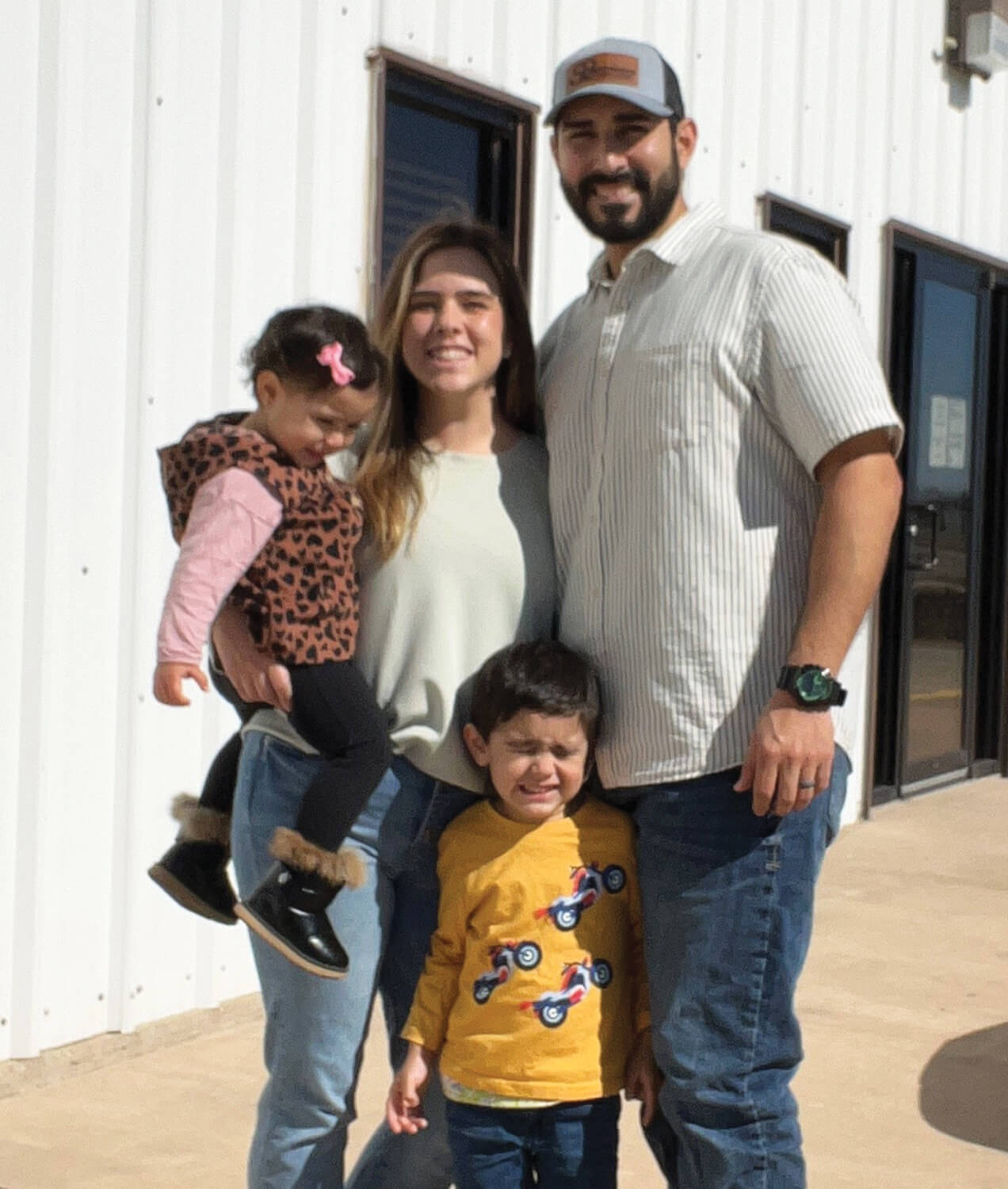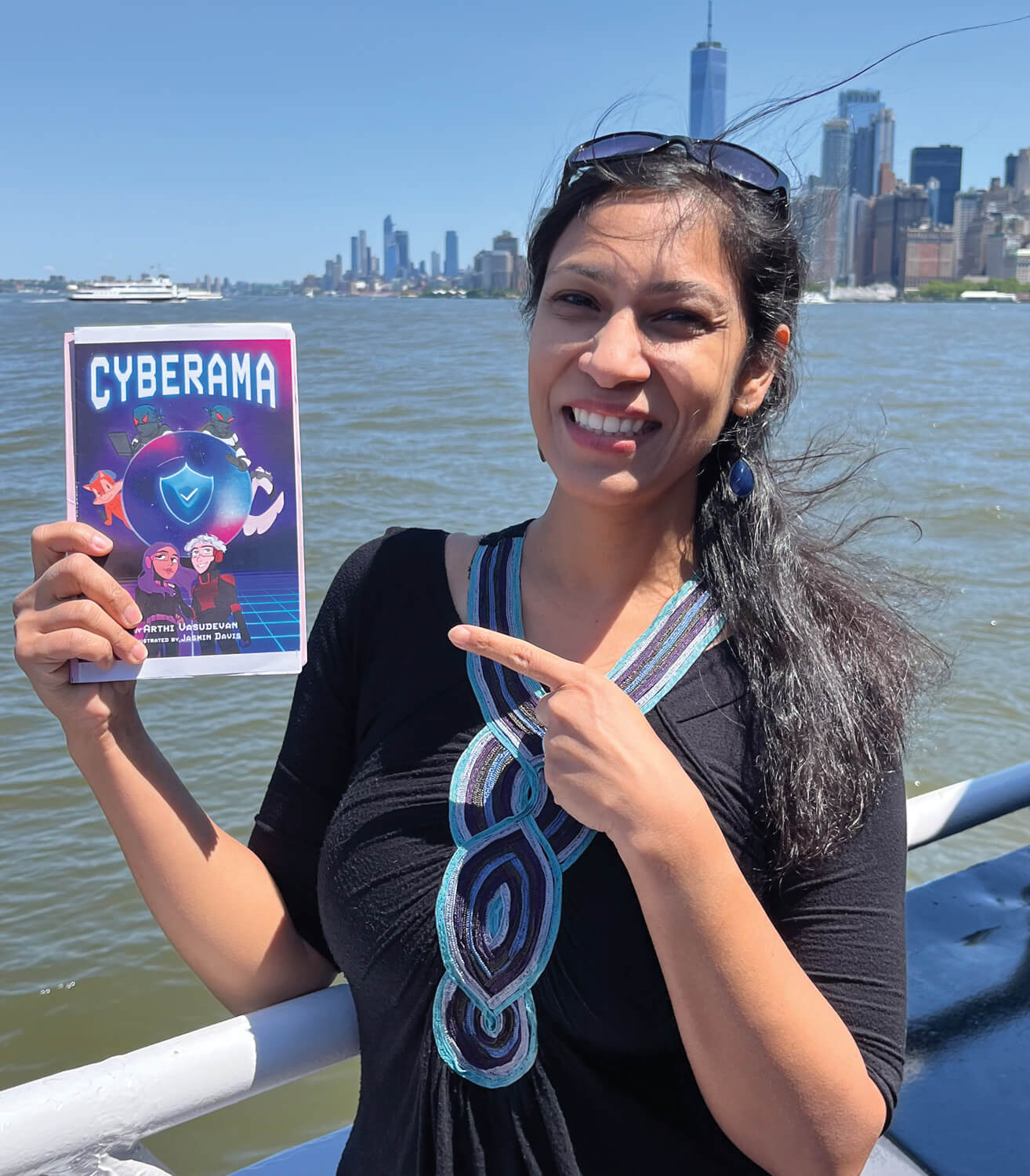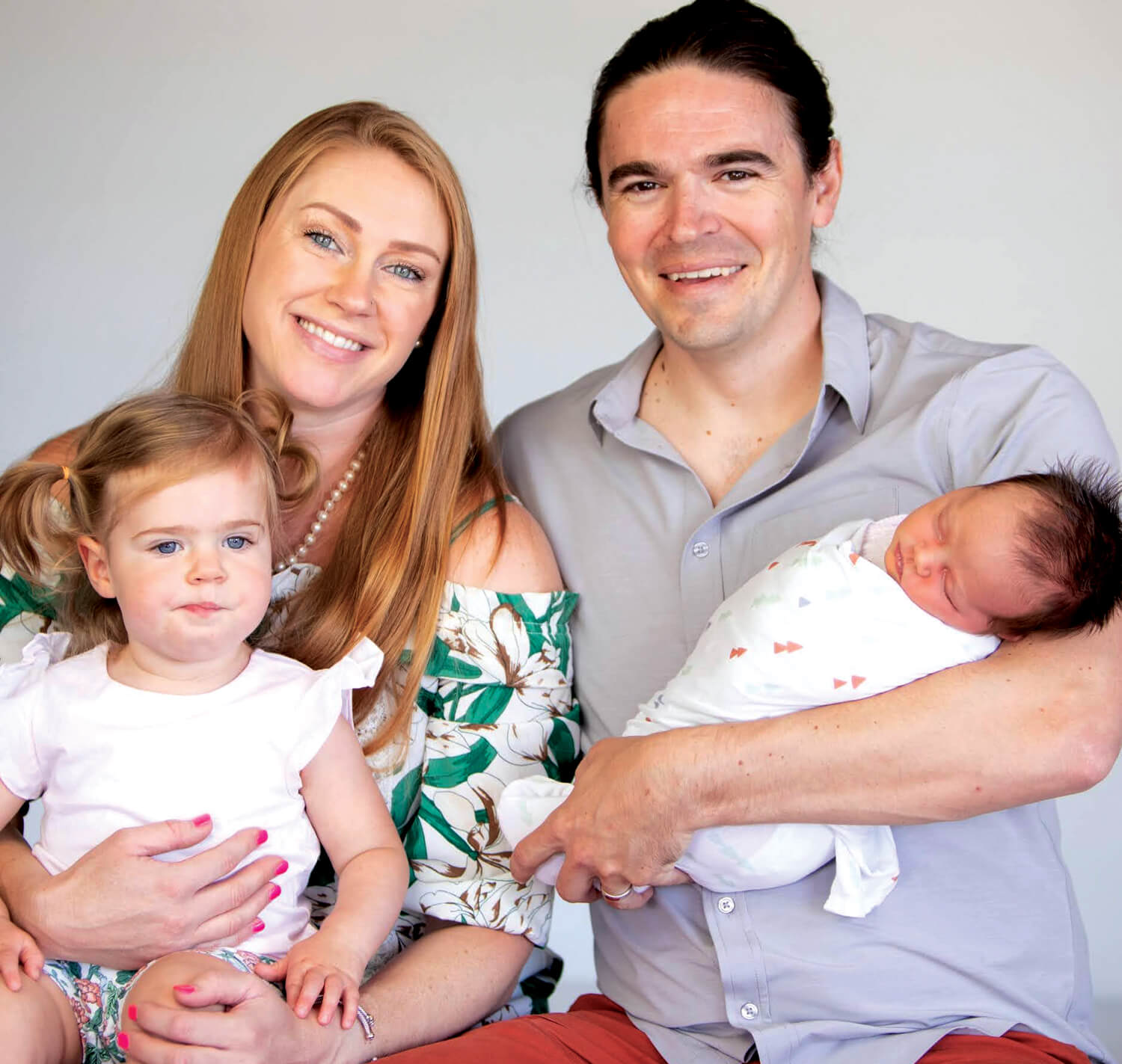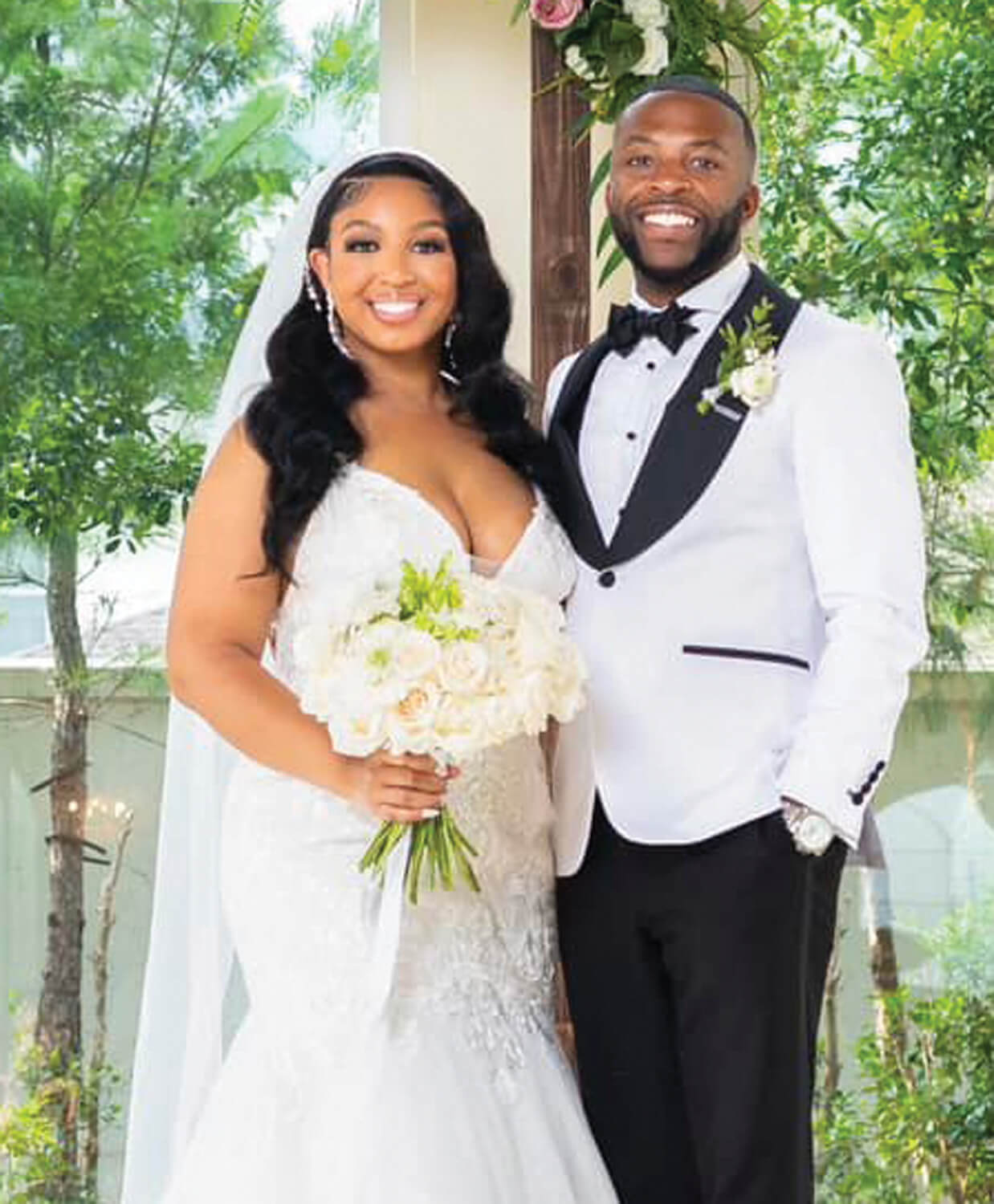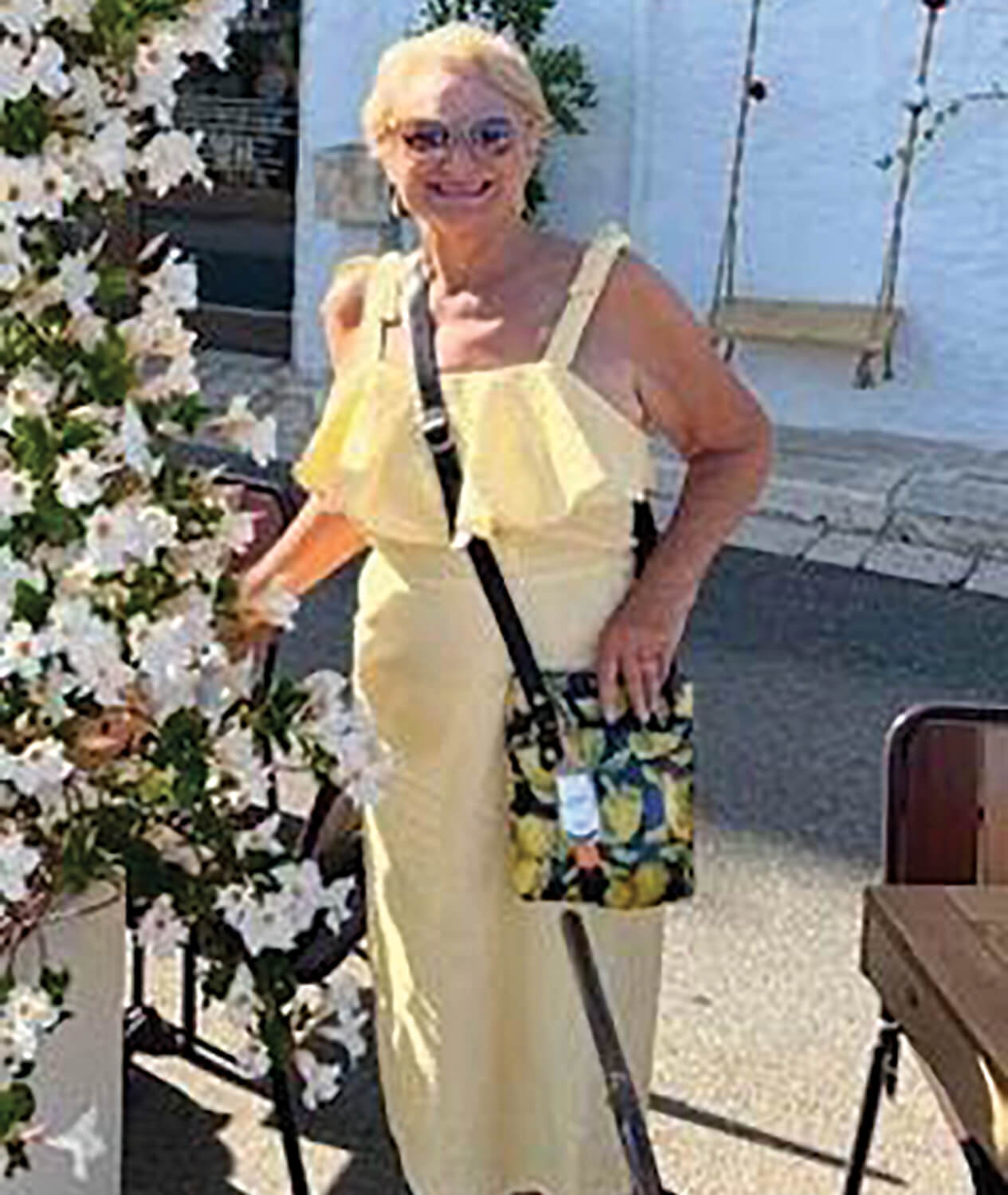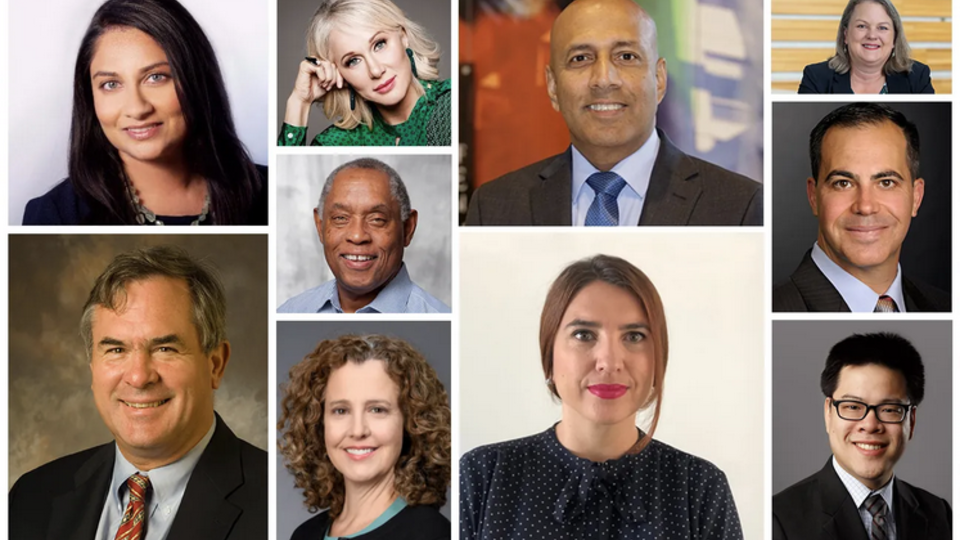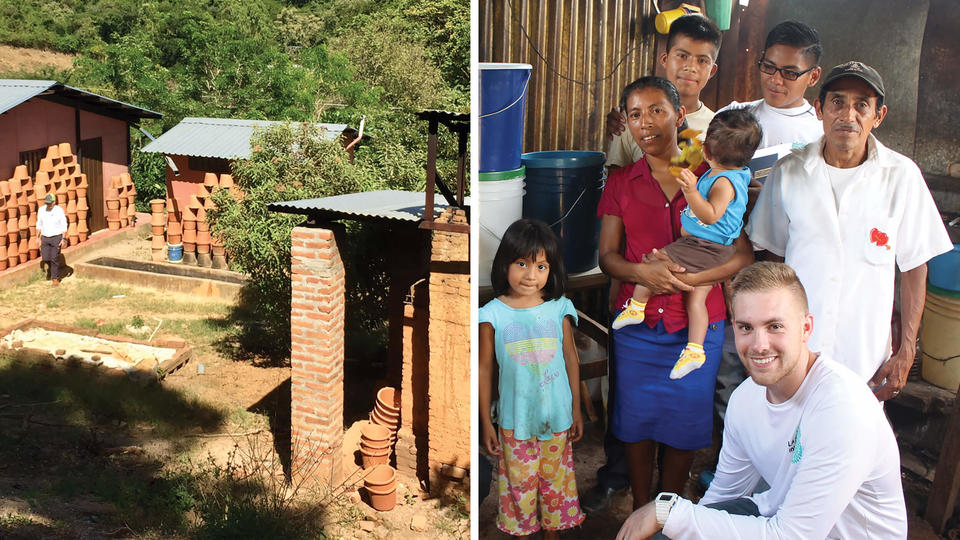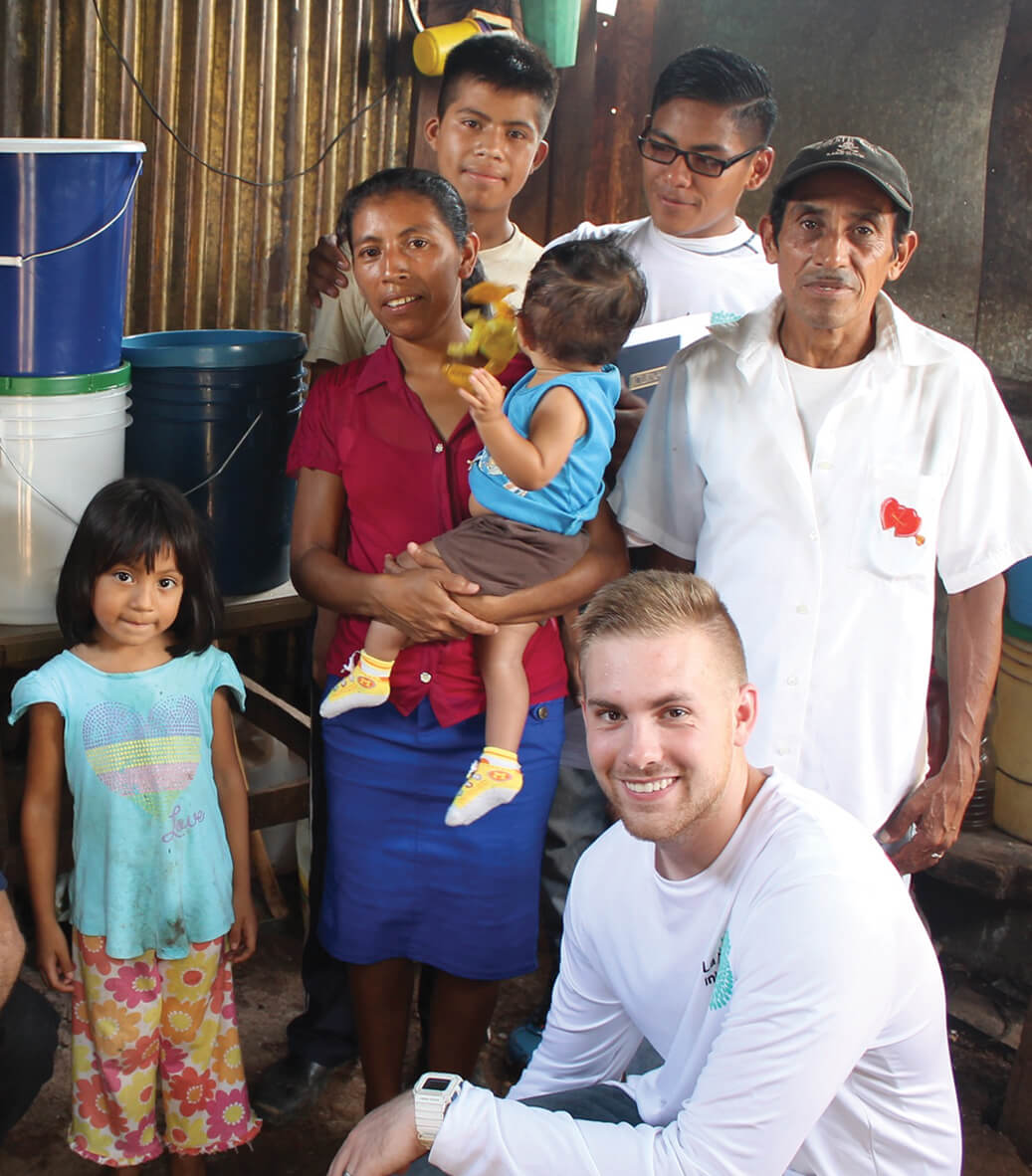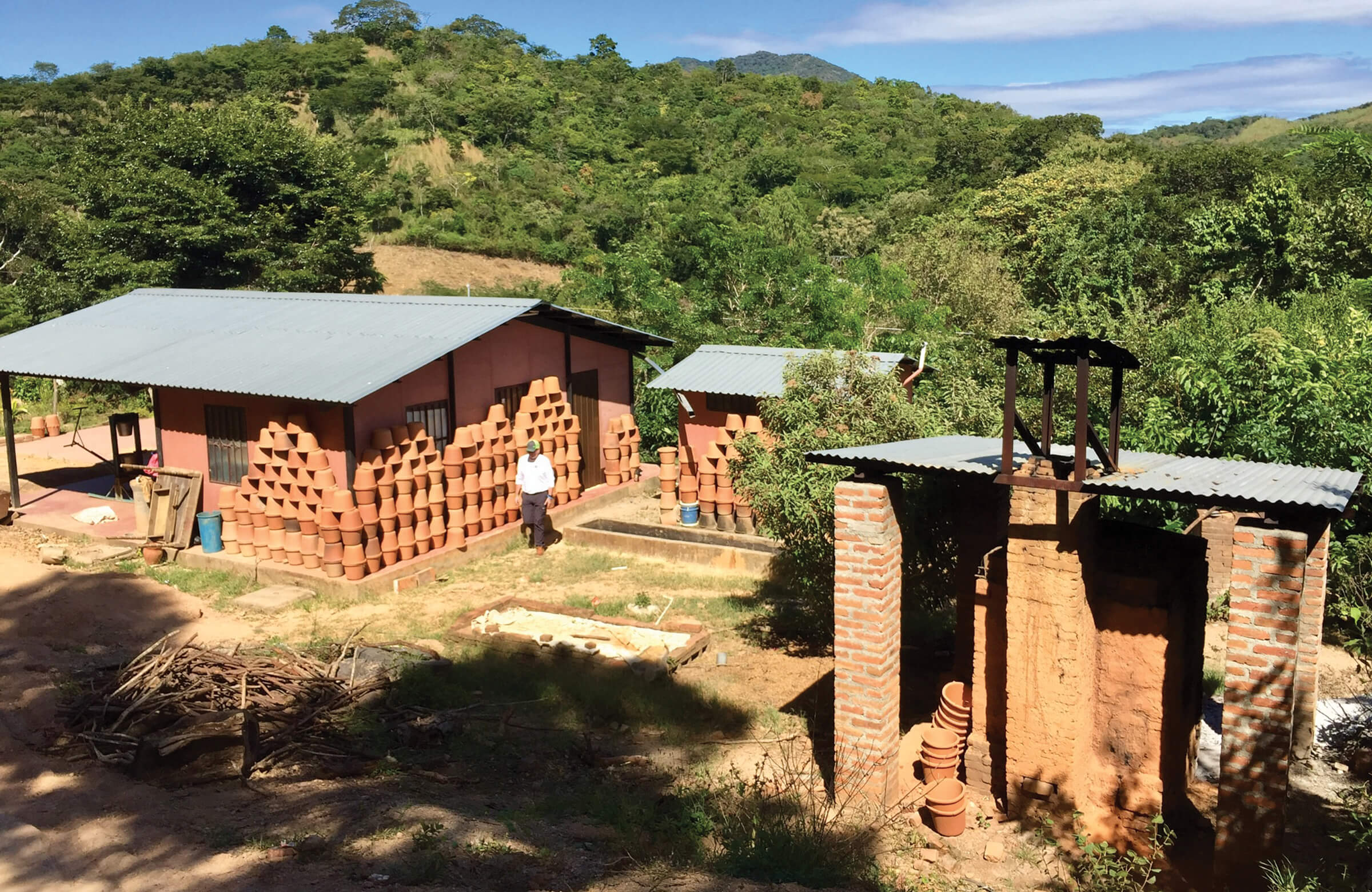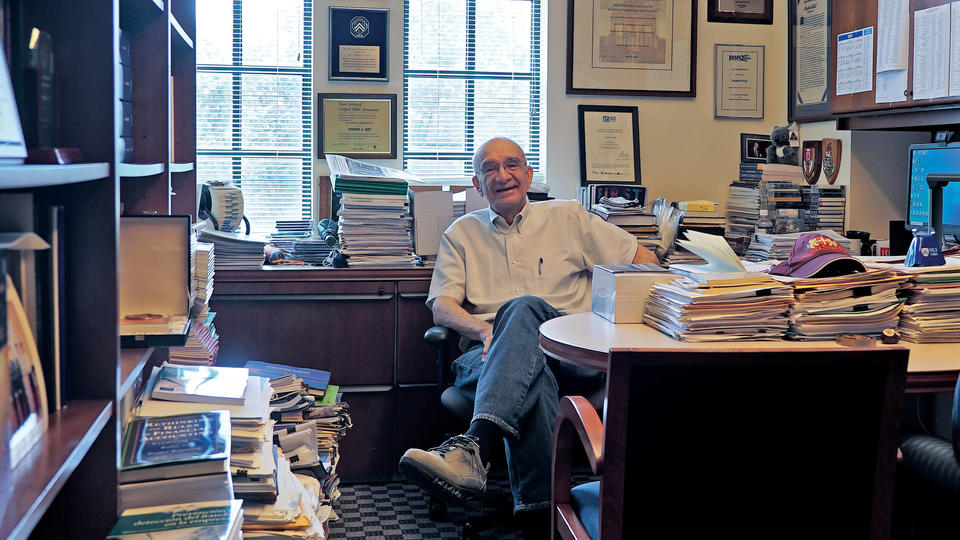Following a 2022 controversy surrounding the name of their astounding space telescope, NASA announced plans to refrain from naming missions after individuals going forward. The James Webb Space Telescope was named after NASA’s second administrator, whose critics say he was complicit in the firing of LGBTQ government employees during the “lavender scare.” Jae Chung notes that because branding is about recognition and recall, names like Space X work well. That name establishes a positive association with popular science fiction culture and reflects what the company is doing.
“With all the digital media and all the conversations or videos being recorded these days,” Chung said, “there’s always a greater chance or a greater risk associated with the idea of using a particular person’s name to name the whole mission or the whole project.”
Apr. 12, 2023 | Andrea Leinfelder

According to research by Vikas Mittal and Alessandro Piazza, many companies are not as strategically aligned as employees assume. A 500-person, 12-organization survey reveals that, on average, 82% of participants believe their company’s strategies align with other departments and levels of power. But their analysis showed a mere 23% overlap of perceived and actual alignment.
Their solution? Focus on customer value, weave strategy into daily tasks and engage in two-way dialogue. These steps bridge the gap and foster unity. Closing the strategic alignment chasm also accelerates cohesive, customer- driven growth.
May 1, 2023 | Vikas Mittal, Alessandro Piazza and Ashwin Malshe

Herbert S. Autrey Professor of Marketing Ajay Kalra offers expert insight on the question of whether car insurance companies can justifiably factor age and gender for premium rates. According to Kalra, the job of insurance firms is to determine a reasonable correlation between premium and risk. So long as premium rates are based on data, then yes — it makes sense to factor certain identity characteristics.
If statistics show that a particular age group or gender is prone to higher accidents, then they are subject to higher premiums. Other criteria, like race, would be more unfair and discriminatory.
Jun. 26, 2023 | Ajay Kalra

Rice Business is renowned for innovation and entrepreneurship — in part because of the Rice Business Plan Competition (RBPC), the world’s most lucrative intercollegiate pitch event, held annually in April. Steered by Rice Alliance for Technology and Entrepreneurship, RBPC has grown tremendously since 2001, catalyzing nearly 3,200 firms, raising over $23 billion and sparking five IPOs. This year, FluxWorks, a Texas A&M University team, clinched first place with their revolutionary magnetic gear technology, epitomizing the competition’s spirit of helping college teams from around the country seamlessly collaborate toward their end goal. This is the second time in seven years that a Texas A&M team has won the competition. In 2016, TriFusion Devices (now known as Essentium) took the top prize.
May 14, 2023 | Chris Westfall

A 2022 study by Jing Zhou and her colleagues reveals a potent approach for elevating both the quantity and quality of employee suggestions. Delving into a Taiwanese call center’s suggestion program, the study explores the impact of rewards and choice. Telemarketers were enticed with innovative rewards for top-tier ideas. More importantly, the employees could choose their reward among certain options.
This resulted in an 86% increase in suggestion submissions and an 82% surge in creativity. The study has profound implications for organizational innovation and worker morale.
May 16, 2023 | Jing Zhou, Aichia Chuang, Greg R. Oldham and Ryan Shuwei Hsu

The evolving landscape of digital giants like Netflix and Uber raises questions about the persistence of first-mover advantage. Expert panelists weigh in, with over half disagreeing that these pioneers have completely lost their edge. Some argue that while challenges loom, the incumbents hold the reins with network effects, switching costs, and entrenched user bases. Others suggest that the first-mover advantage may be temporary, especially in markets with lesser network effects like streaming. Amid varied viewpoints, Yael Hochberg finds herself among those that neither agree nor disagree with the claim.
"Netflix faces much more direct competition than Uber, and it benefits less from network effects. I think it has lost a lot of its first-mover advantage. Uber, in contrast, is still benefiting today from the first-mover advantage of having built up a massive stable of drivers and riders, which makes it harder for a new entrant to break through the noise.”
Mar. 31, 2023 | MIT SMR Strategy Forum

In its debut episode, the podcast “Mind of Texas” examines M. Yvonne Taylor’s groundbreaking research regarding the gender and race dynamics of prominent universities and how those dynamics impacted minoritized women during the Great Resignation of 2021-2022. In conversation and interviews, the podcast provides insight into the evolving landscape of knowledge work in Texas. The episode originally appeared on KUT & KUTX Studios – Podcasts.
Jul. 12, 2023 | Ike Evans and Richard J. Reddick

See All the Latest News from Rice Business

